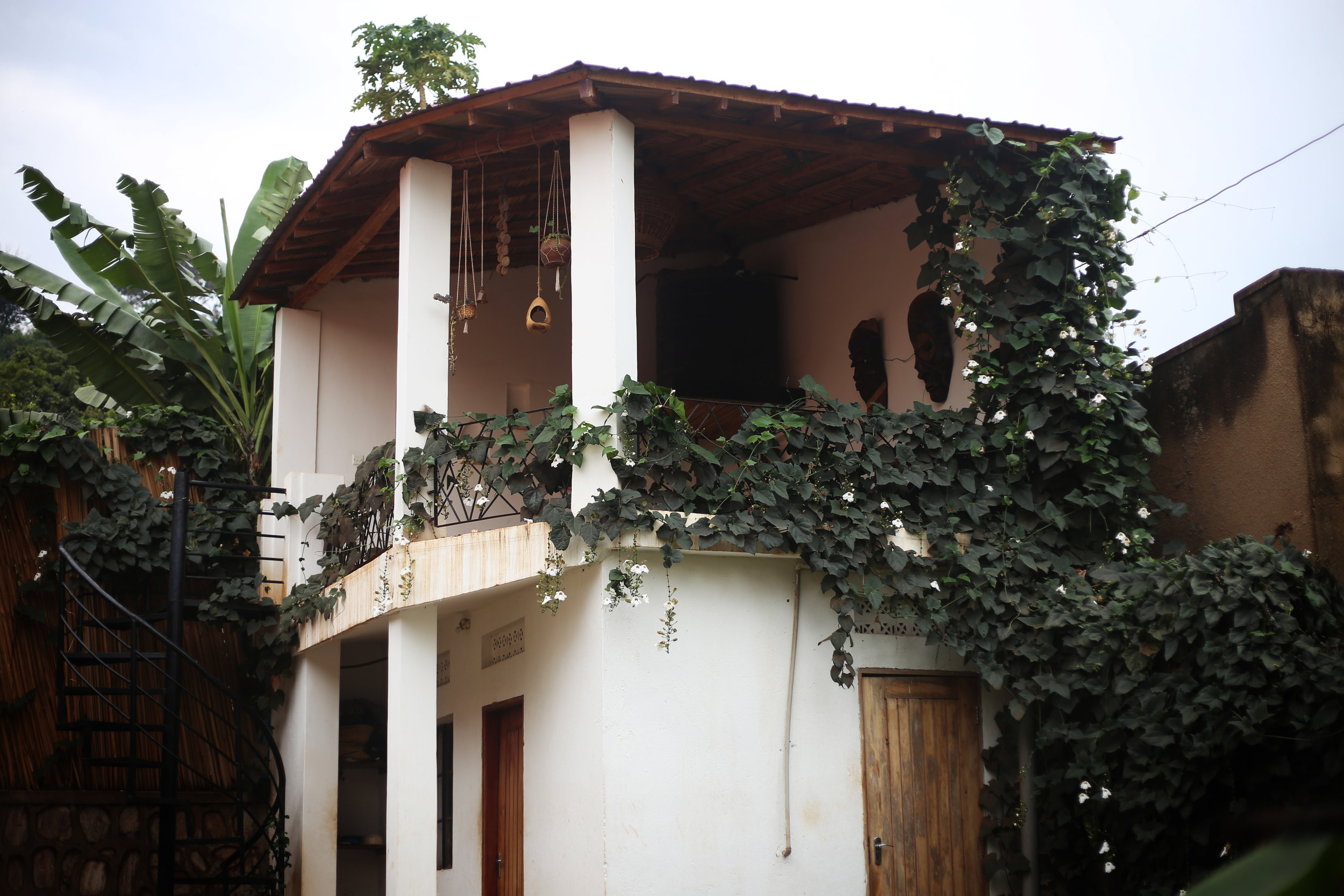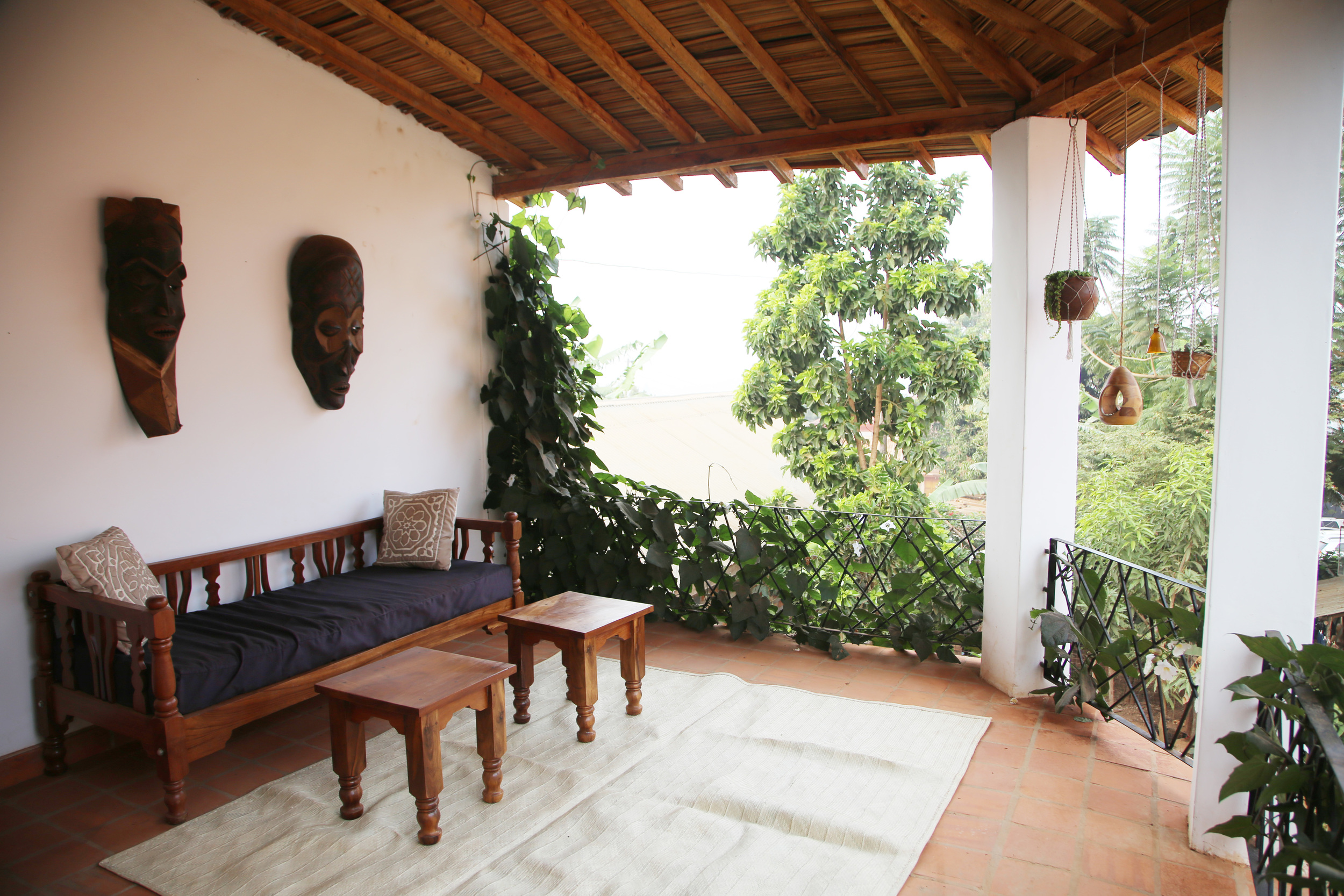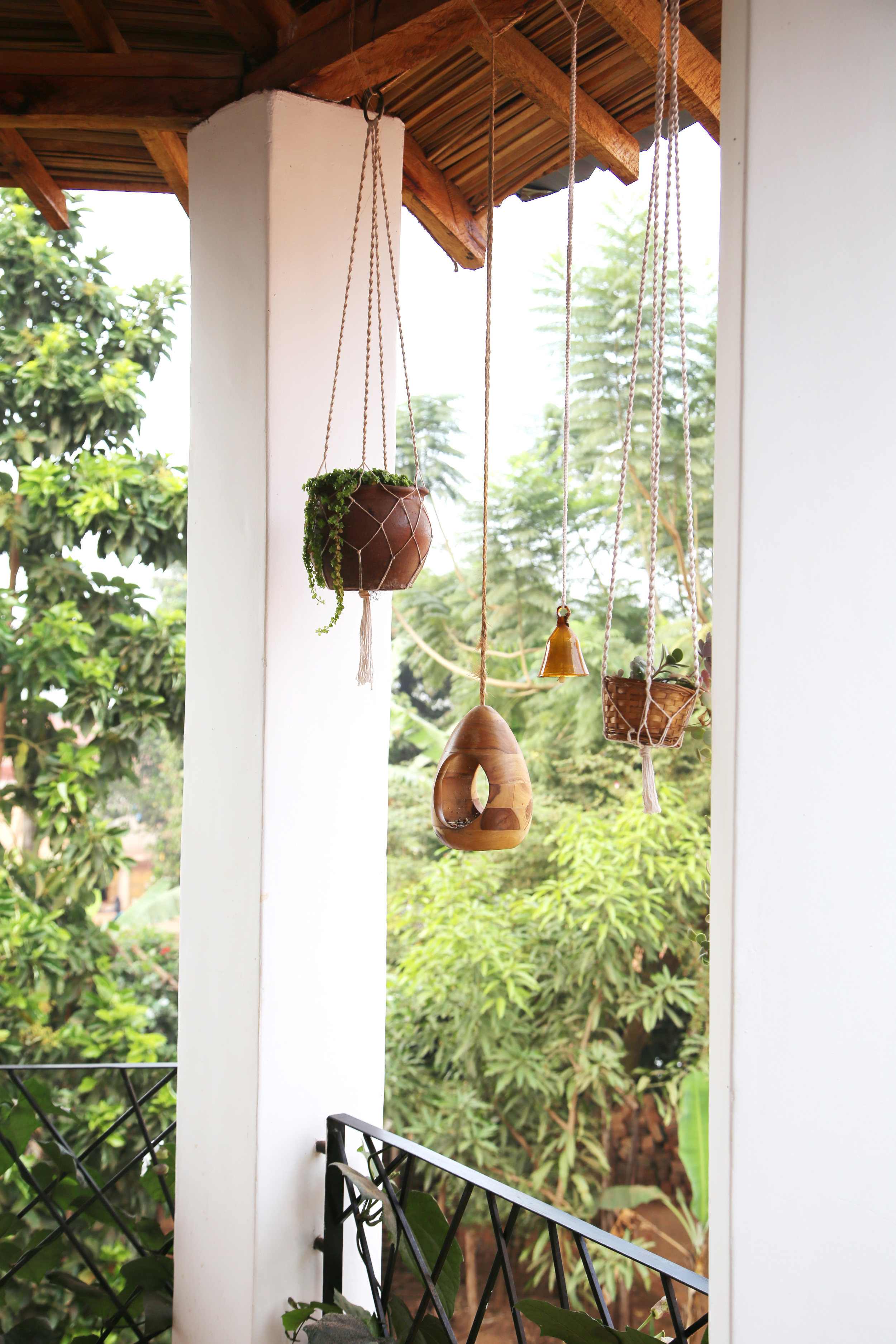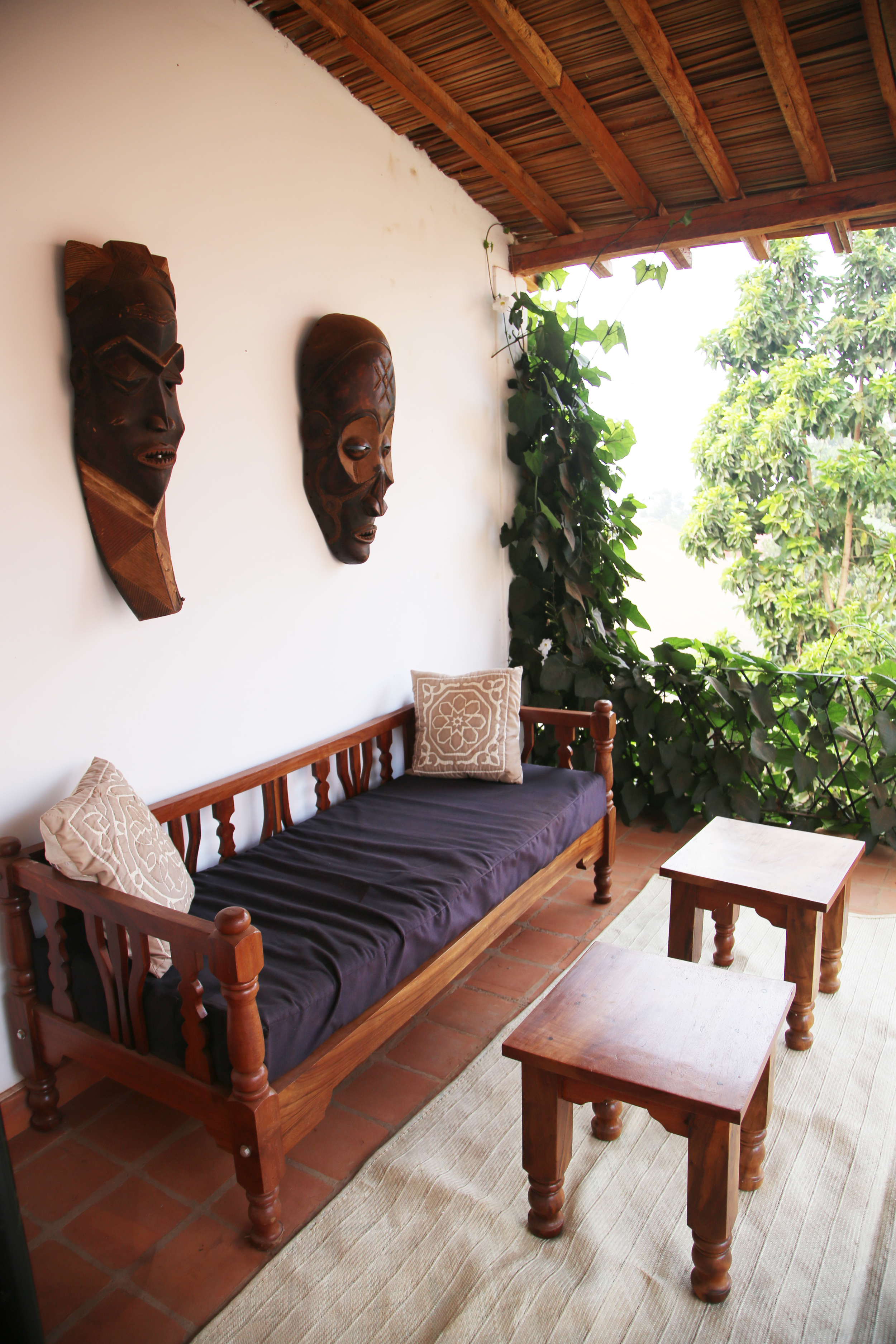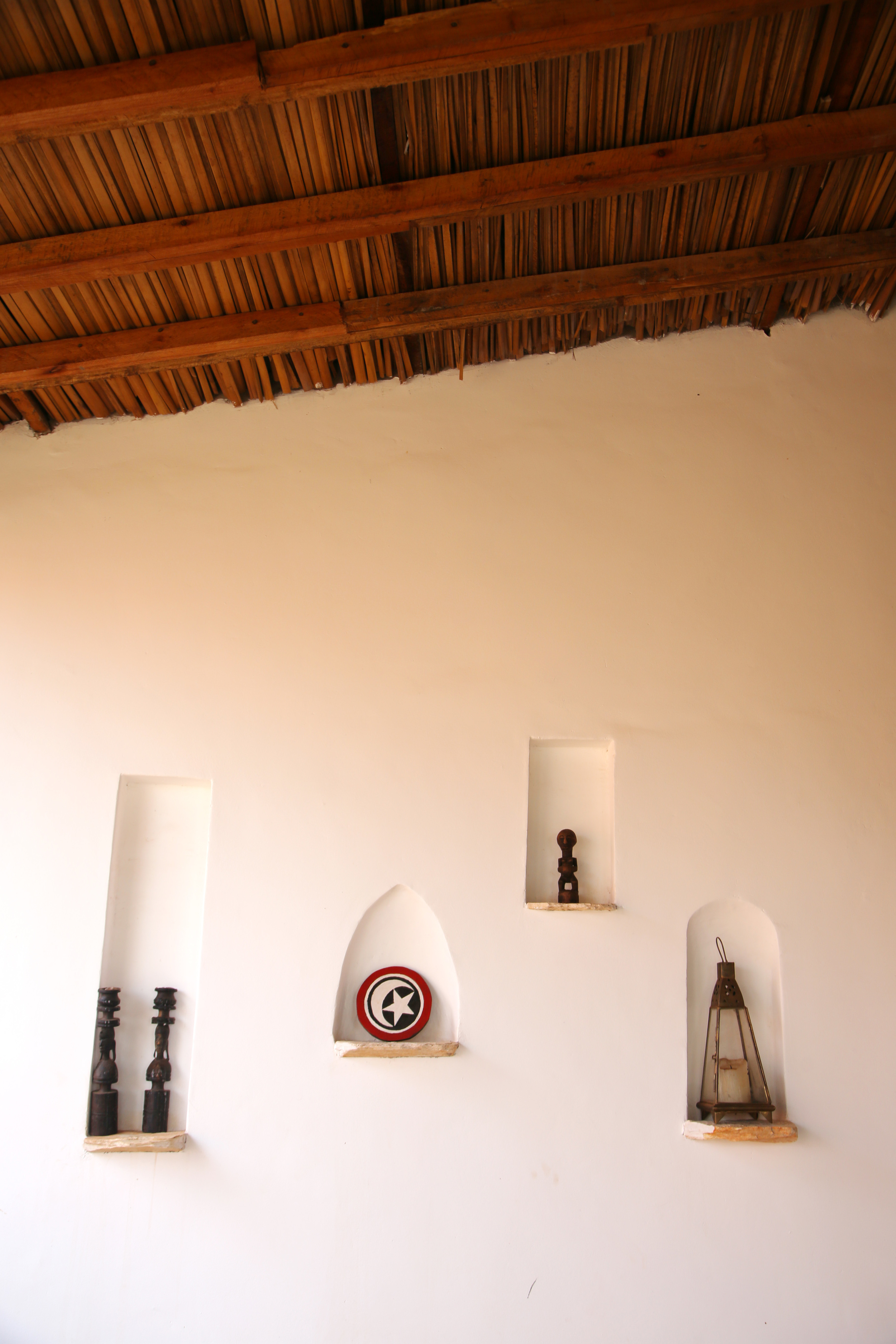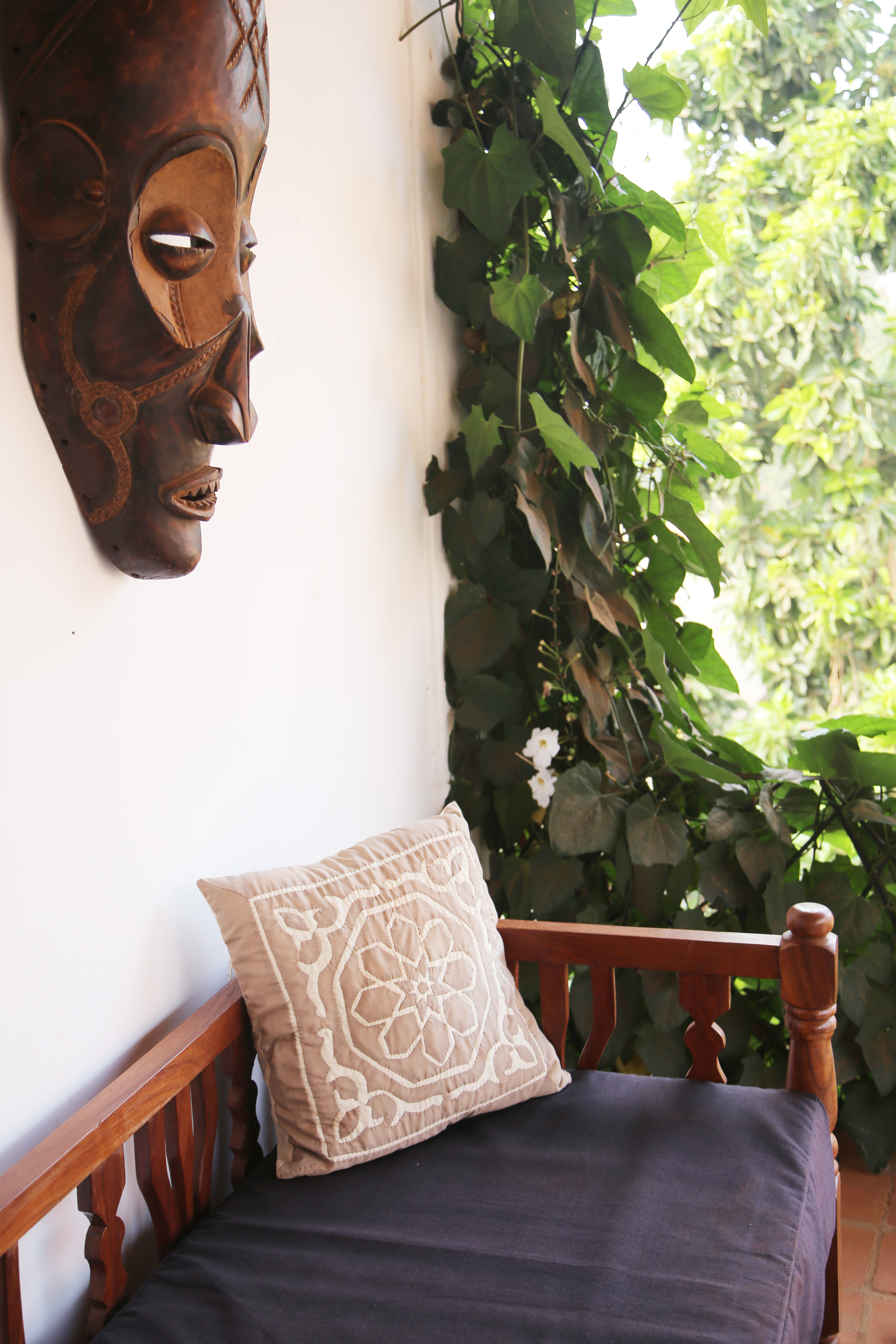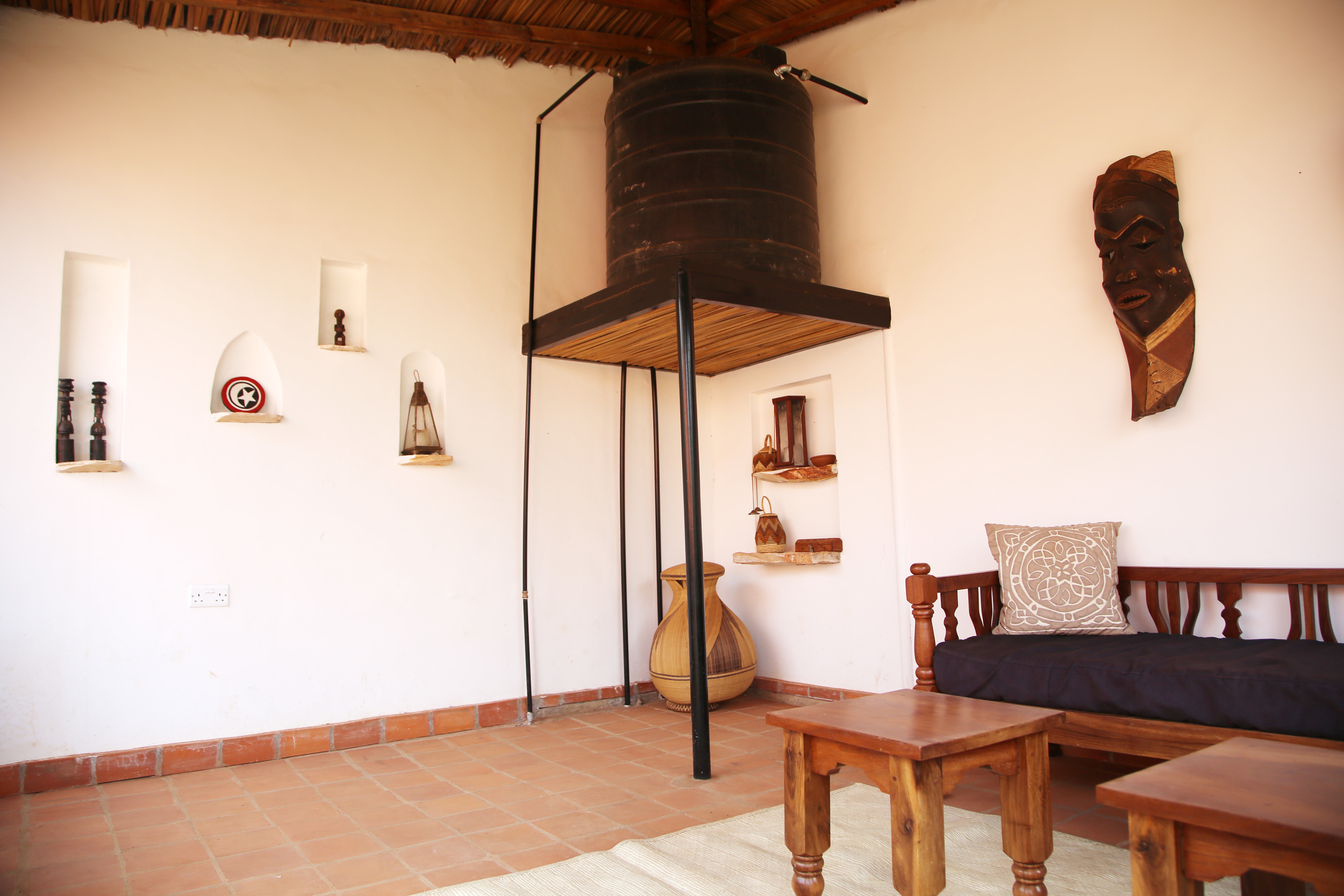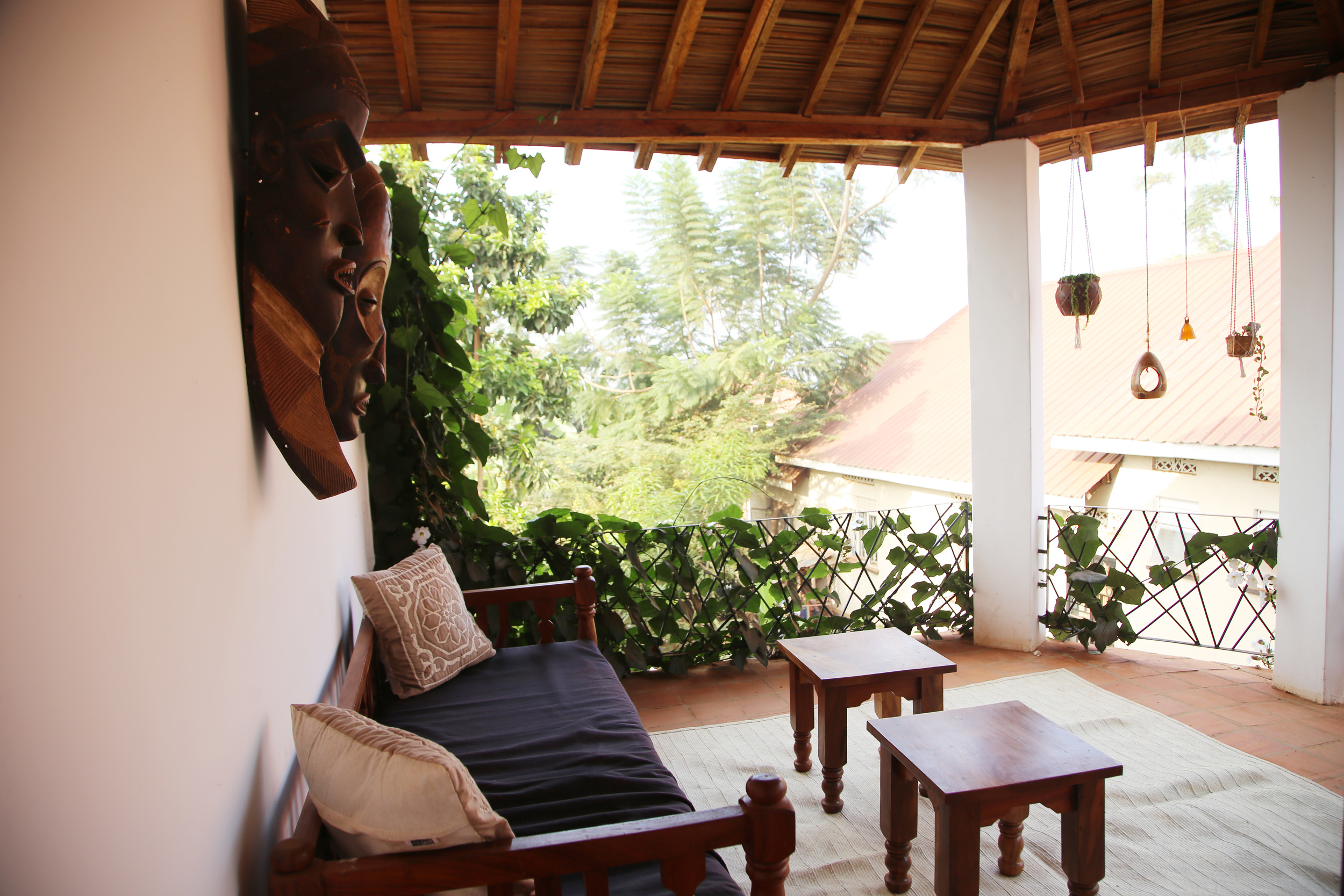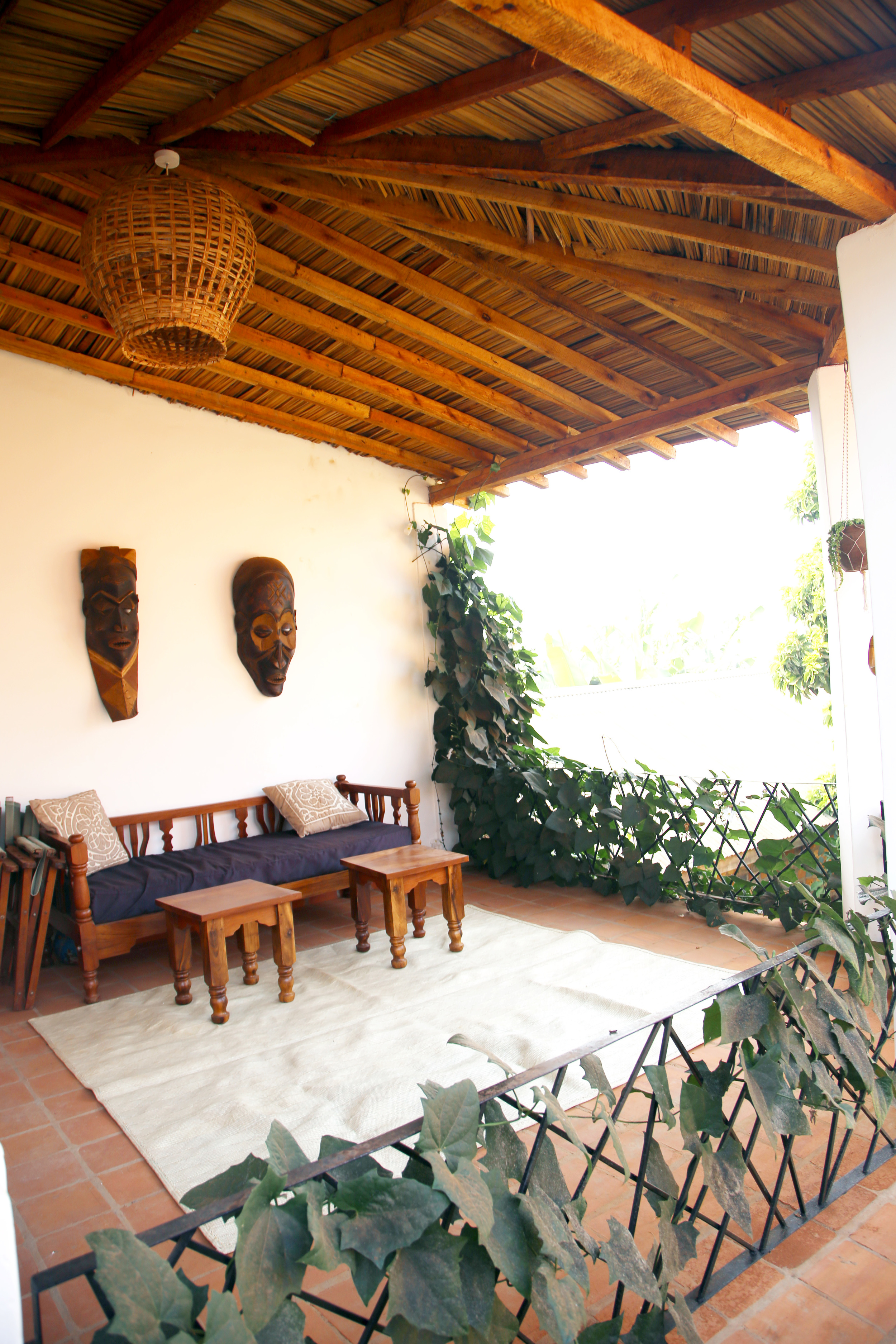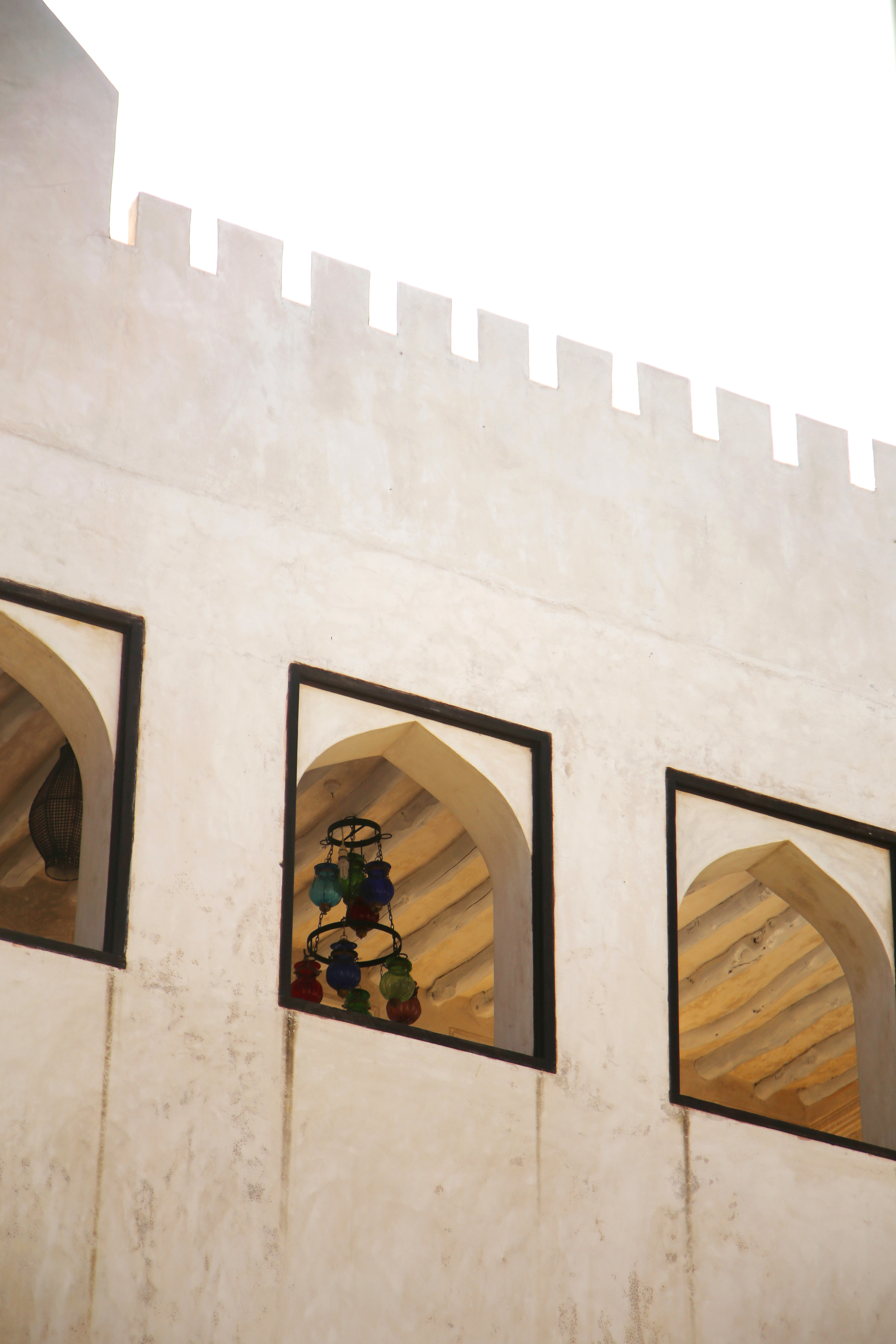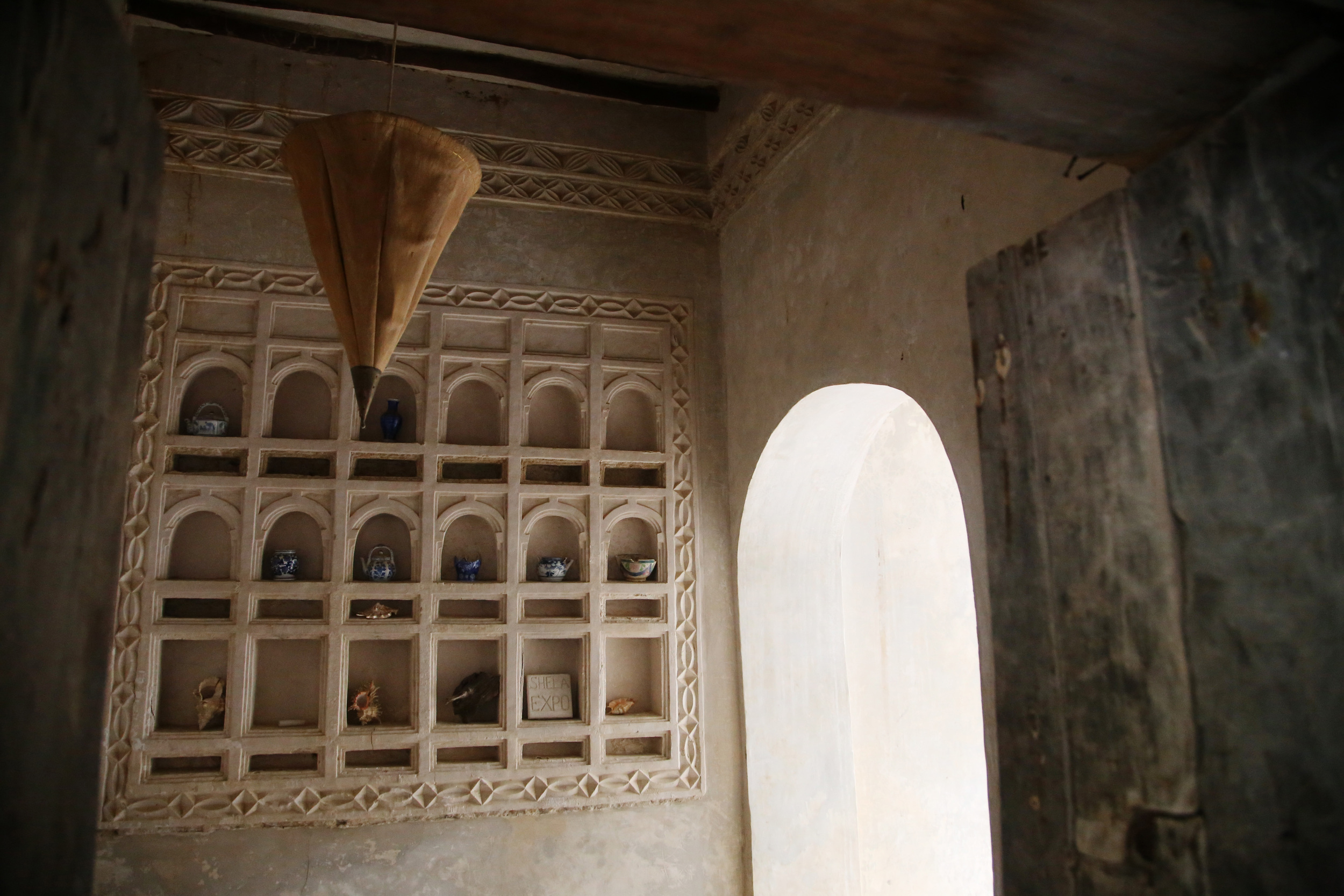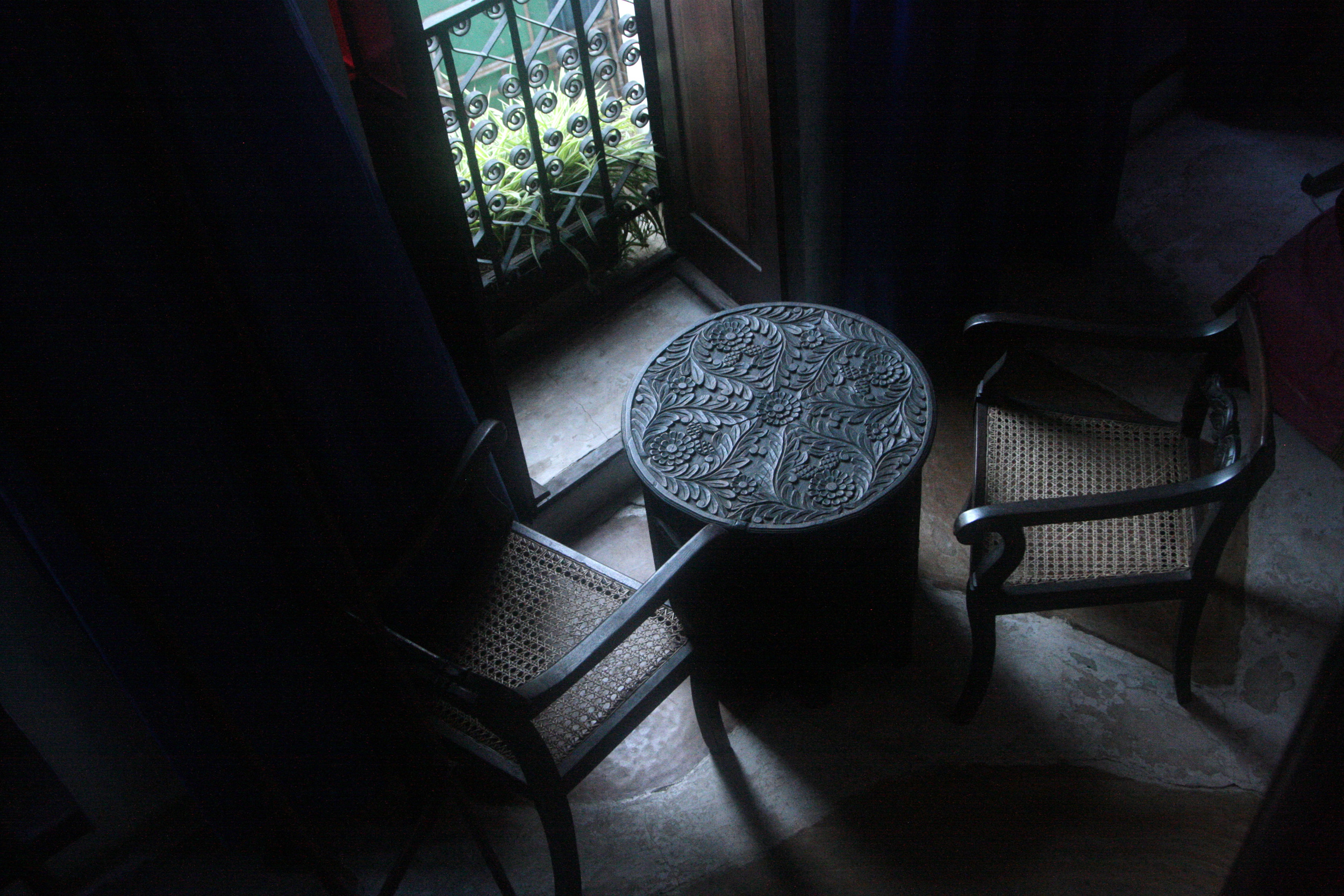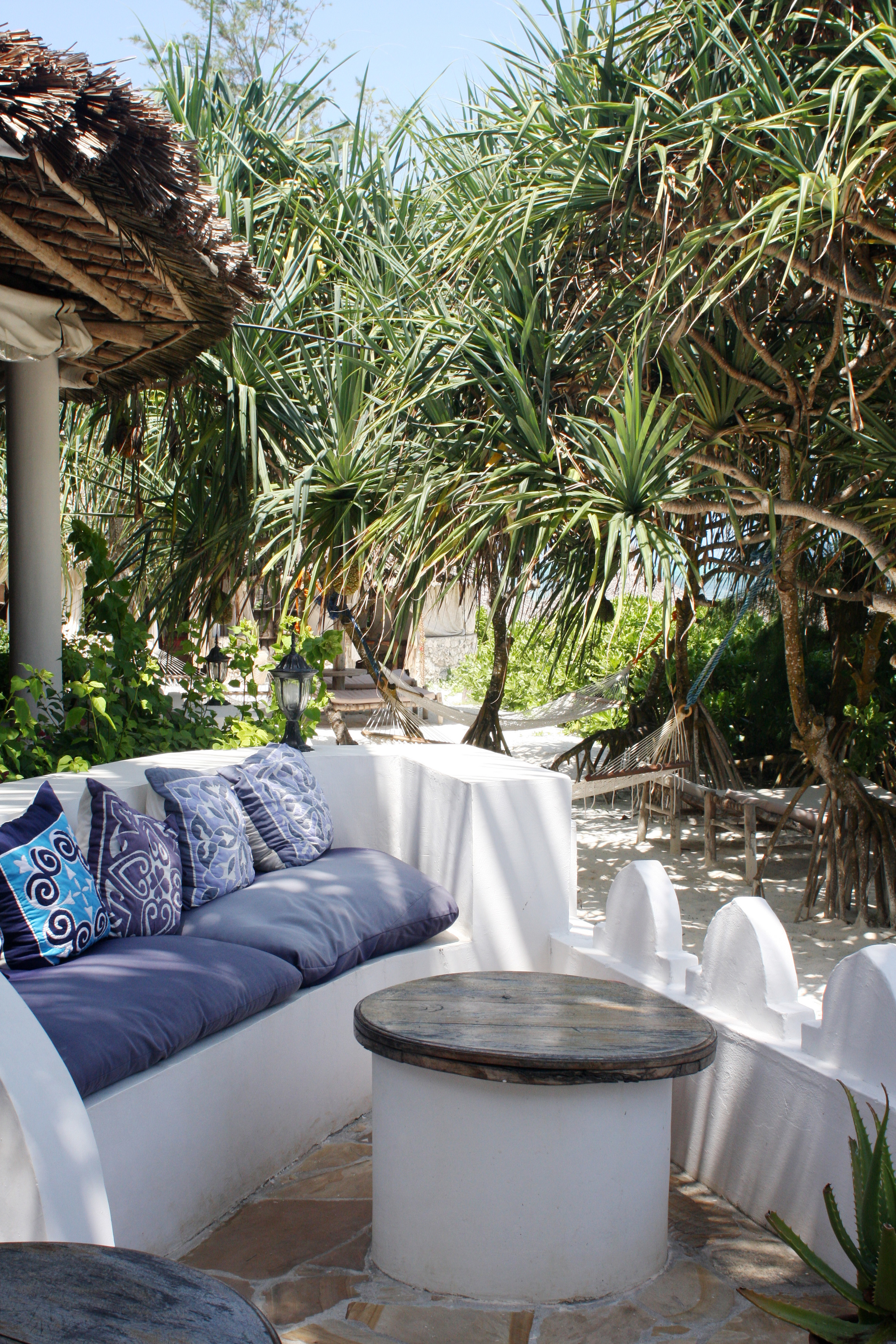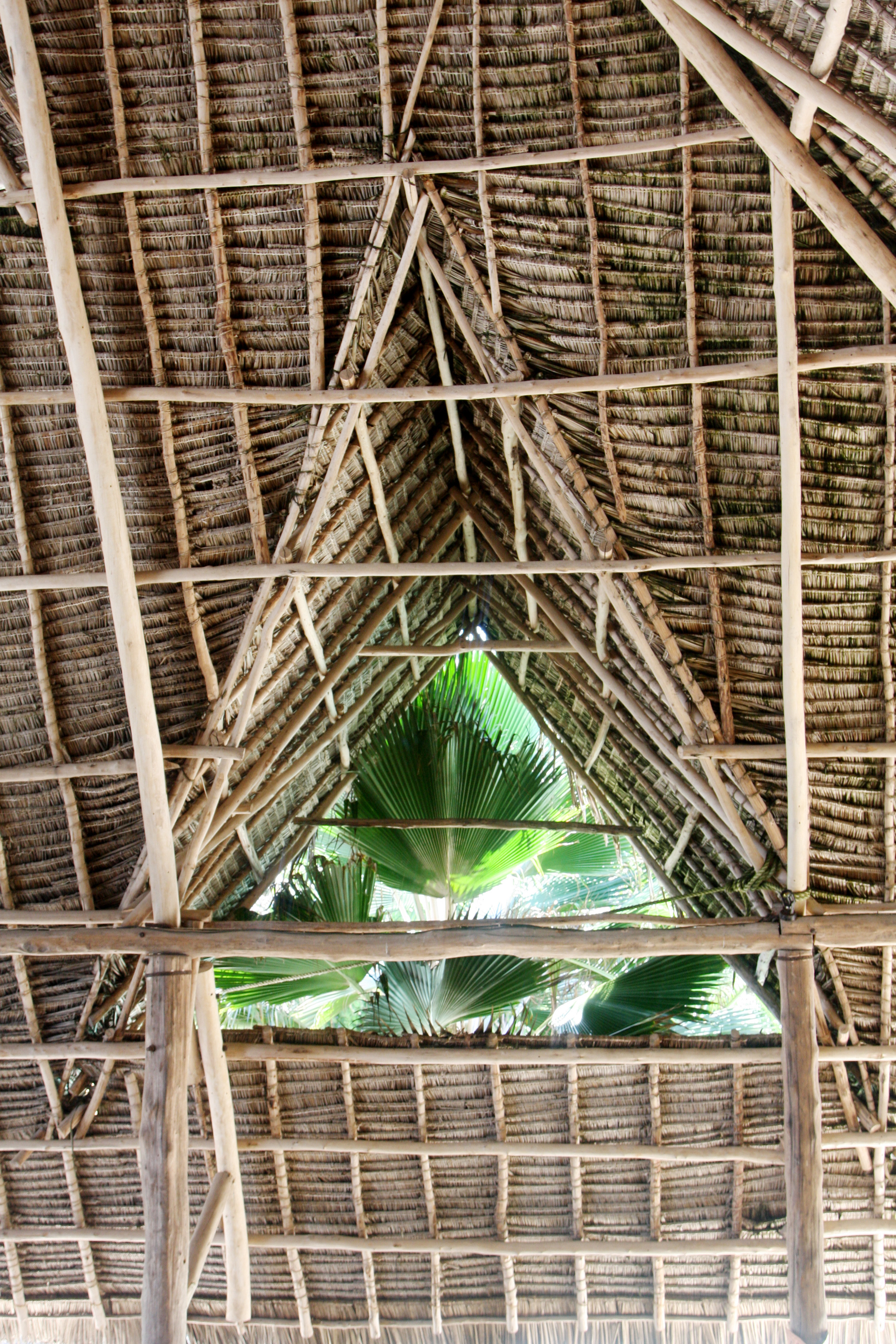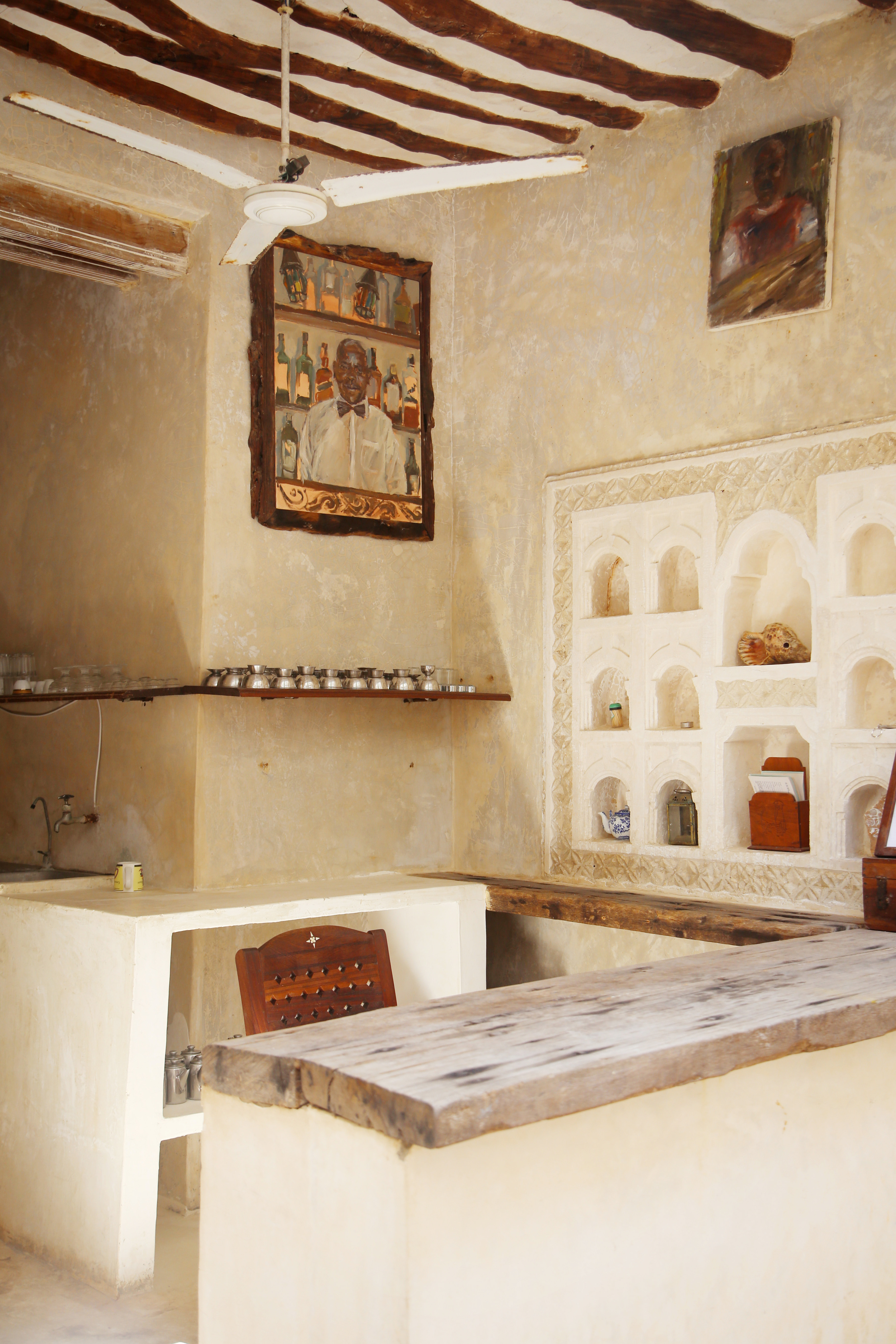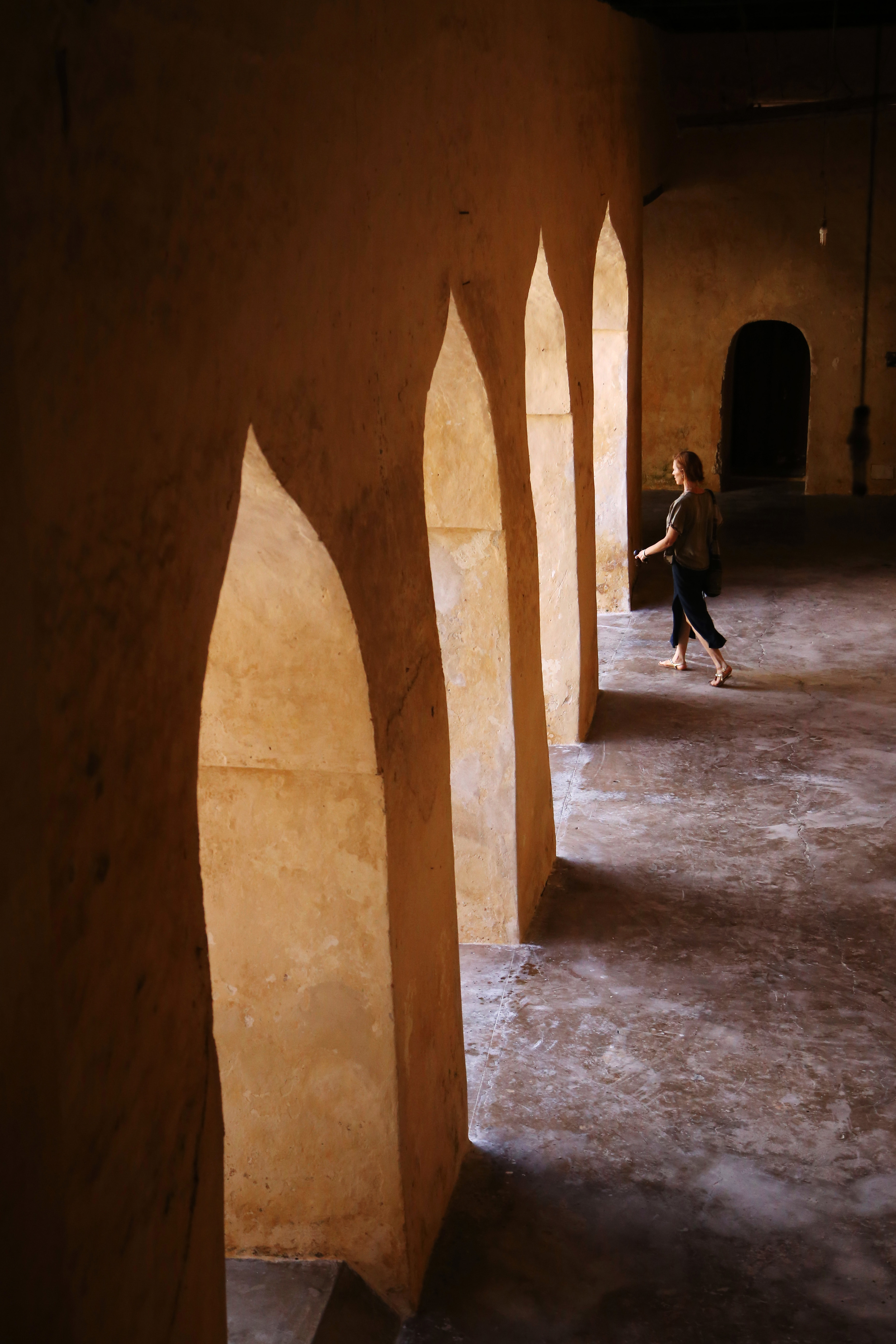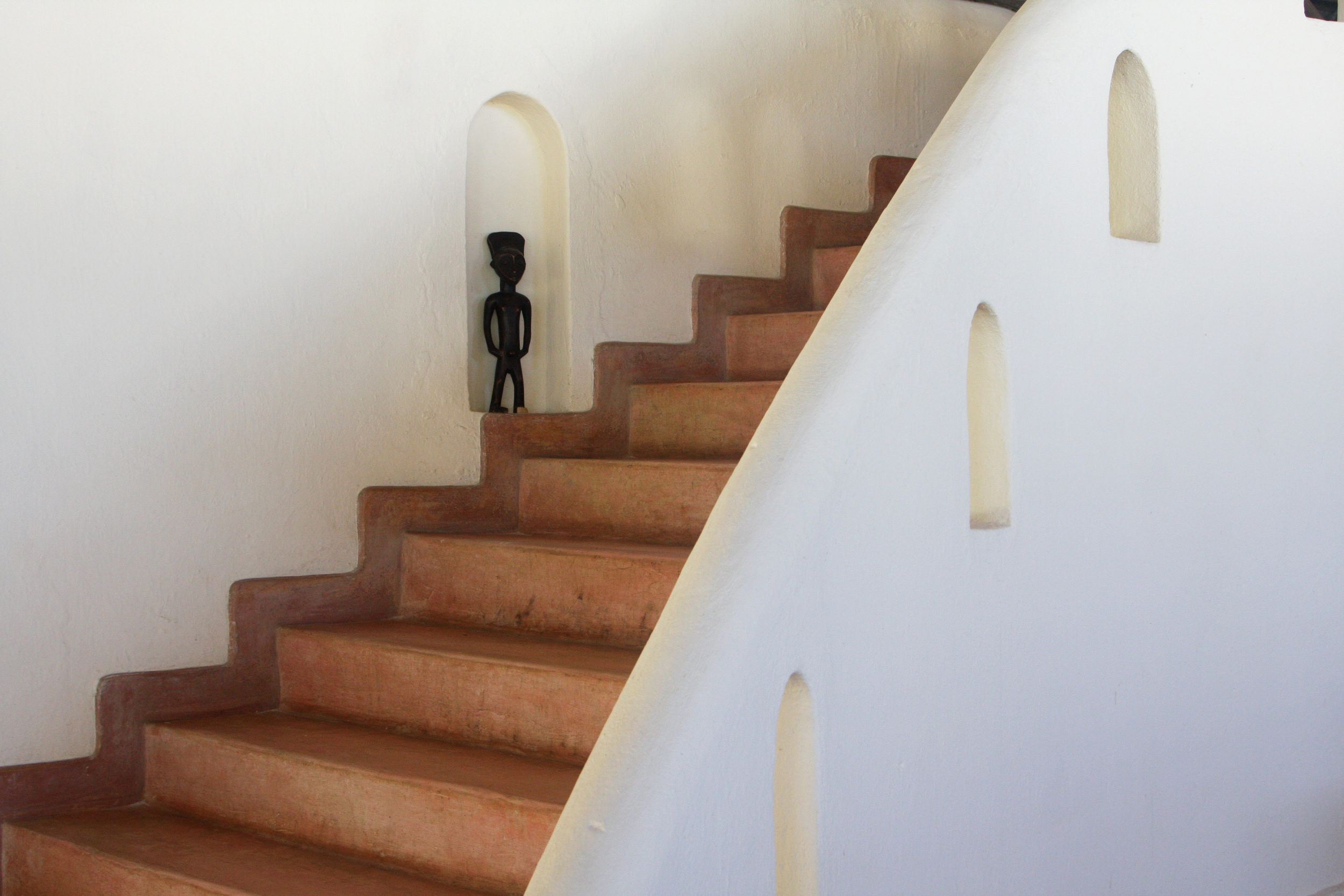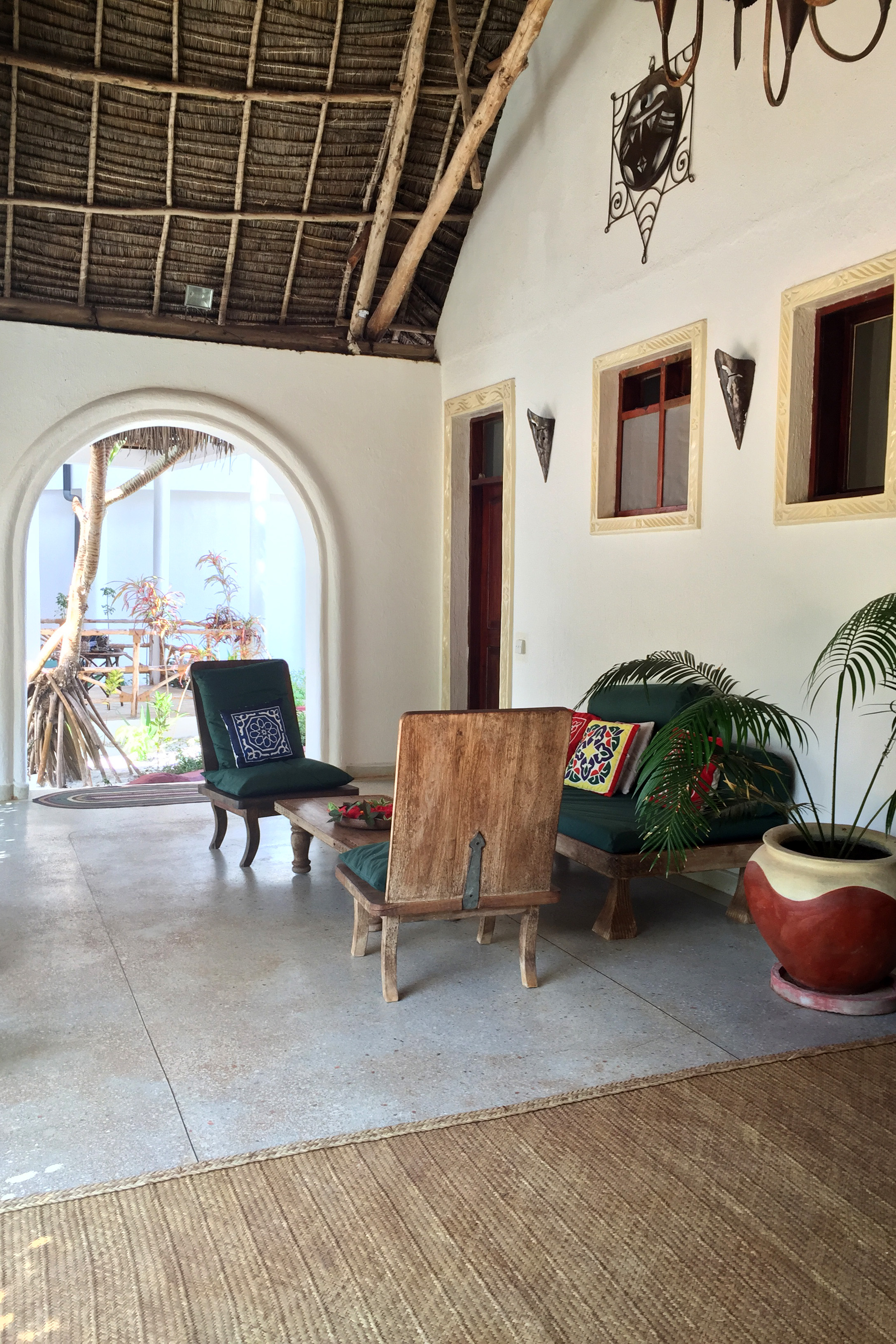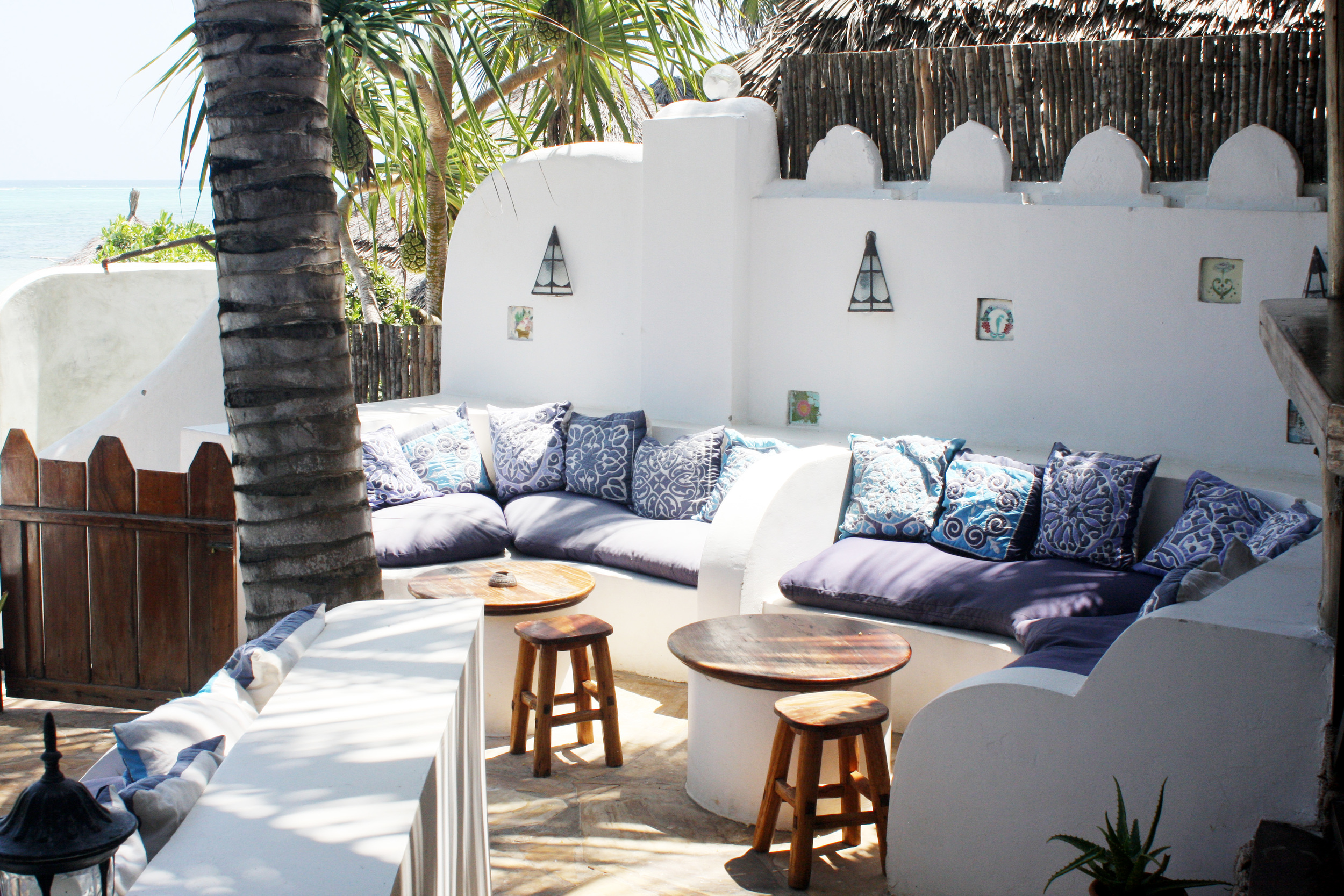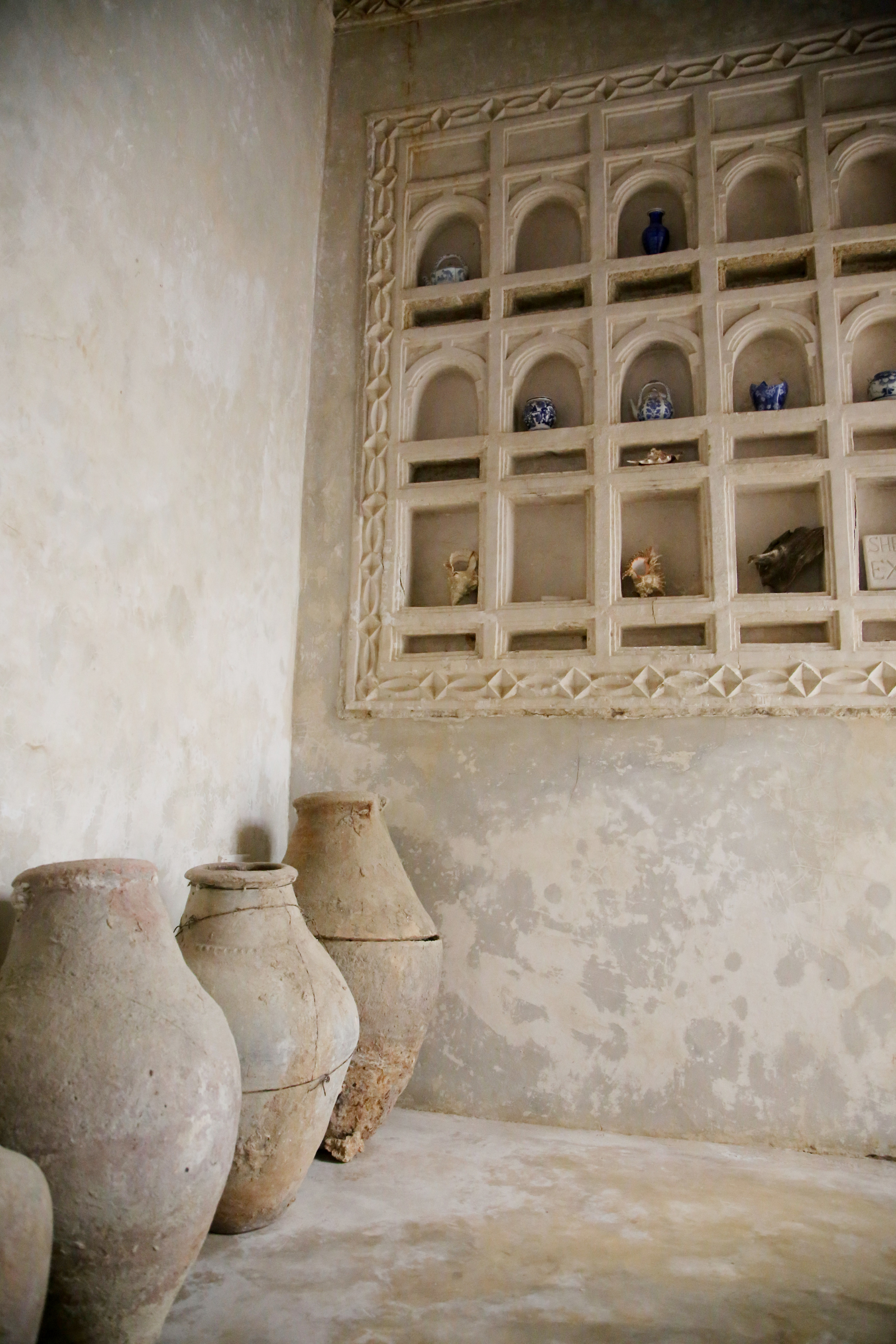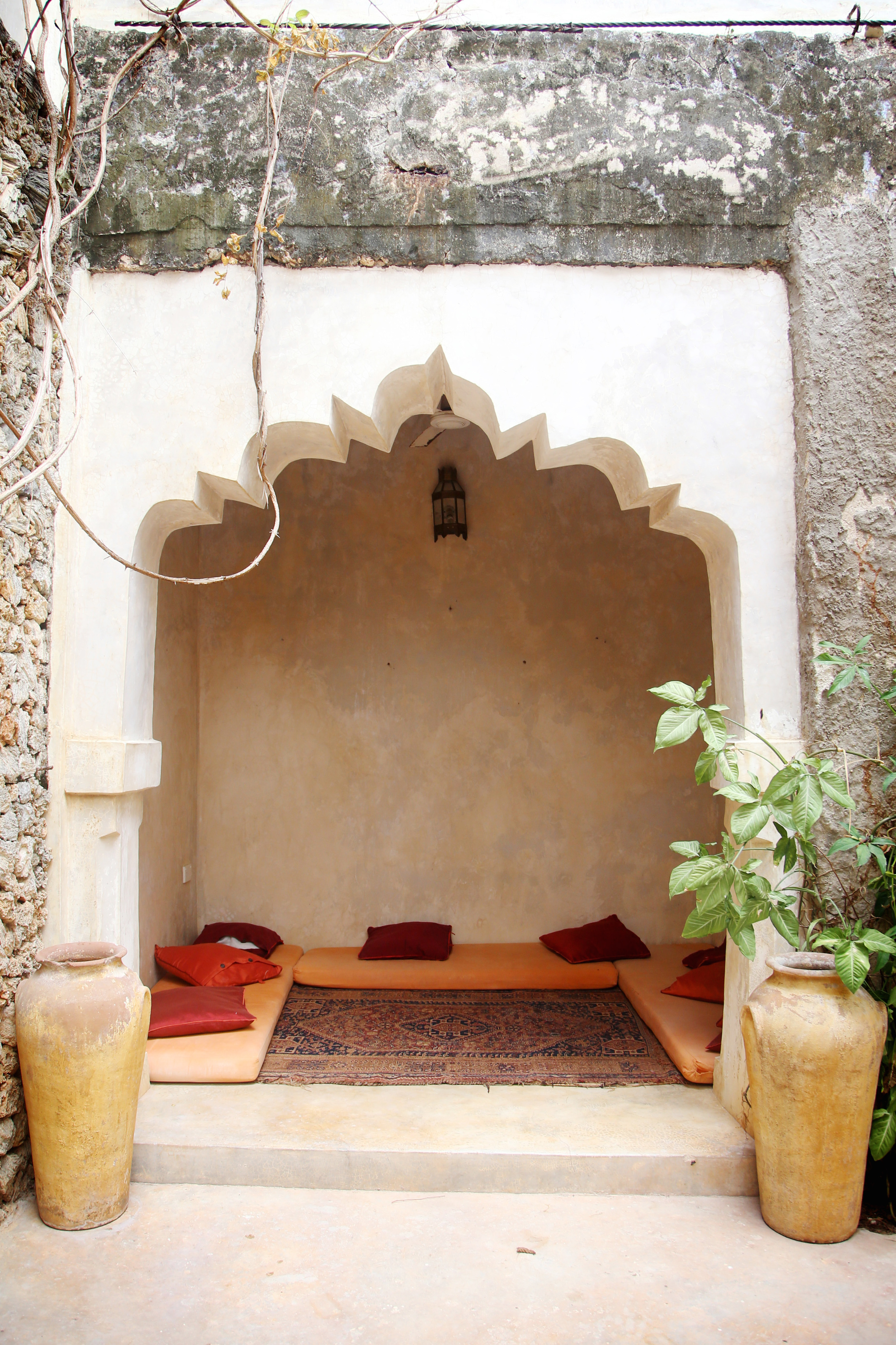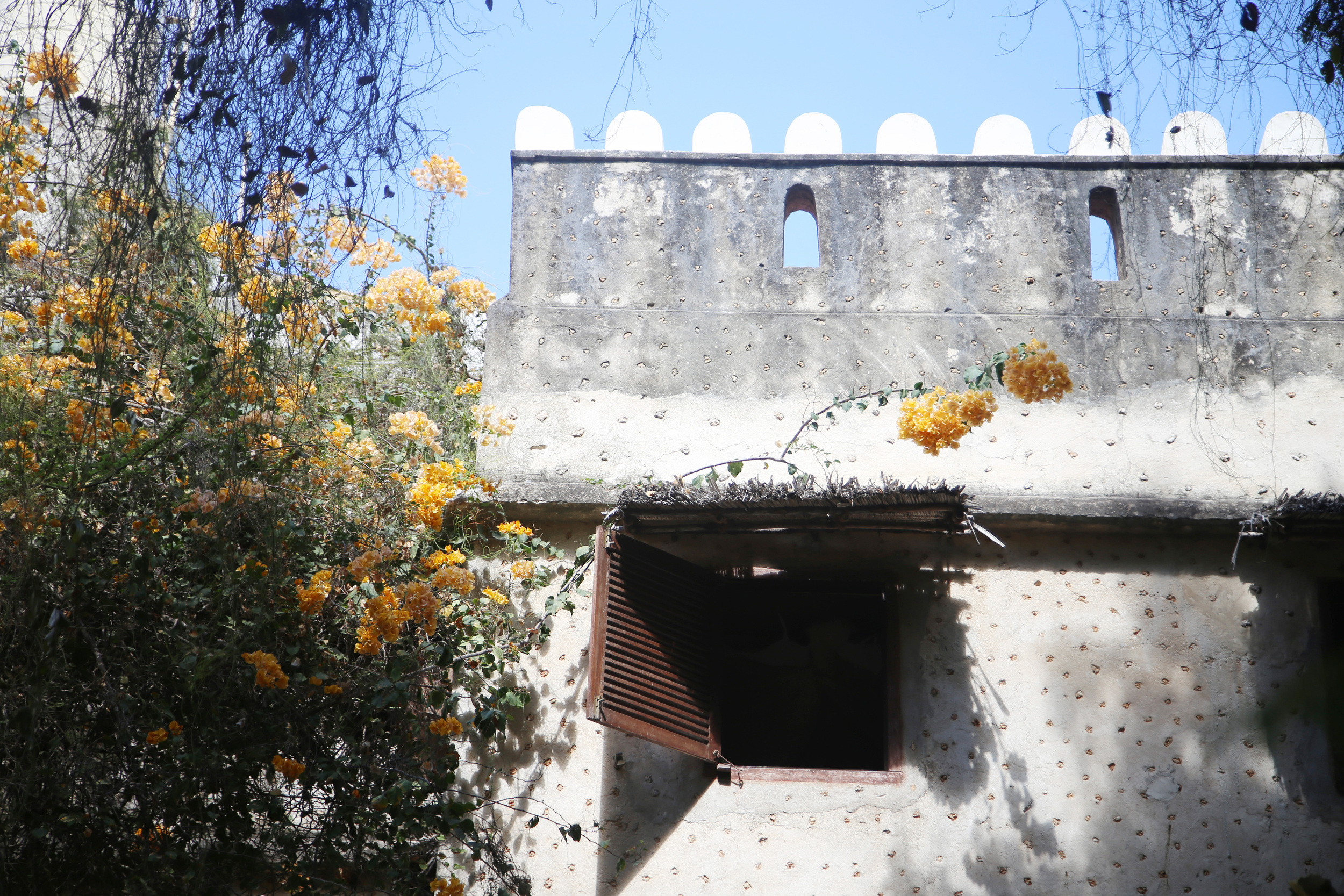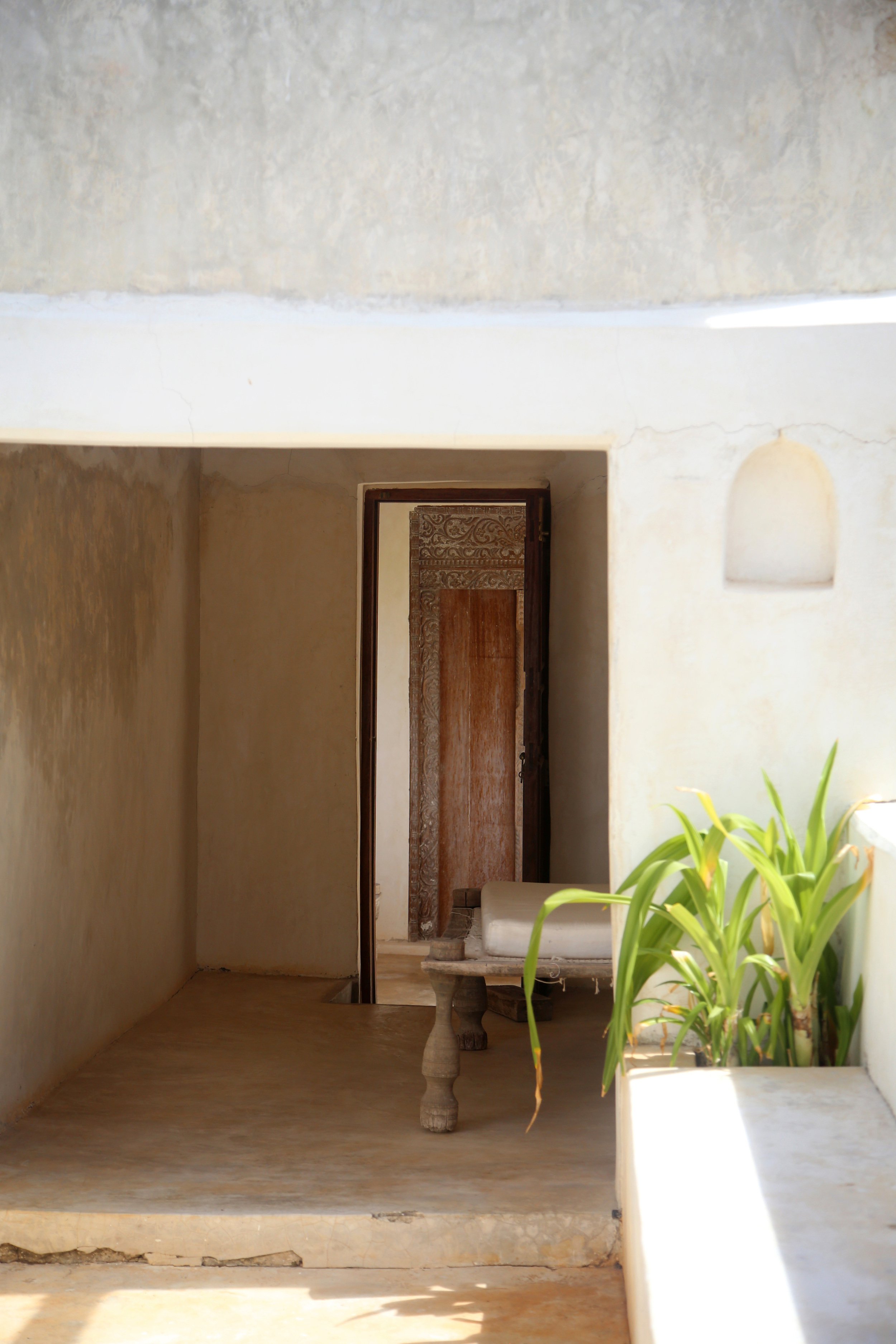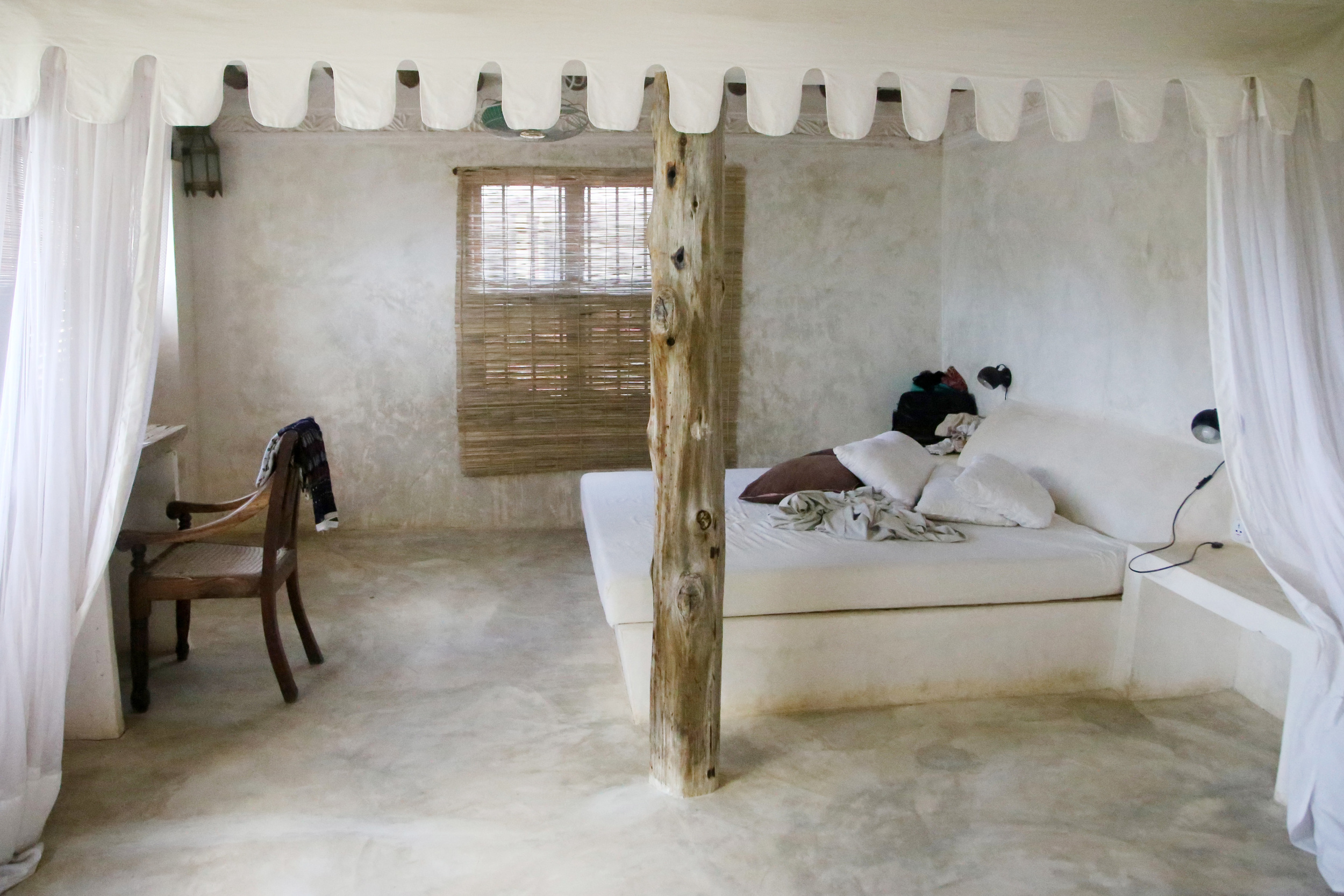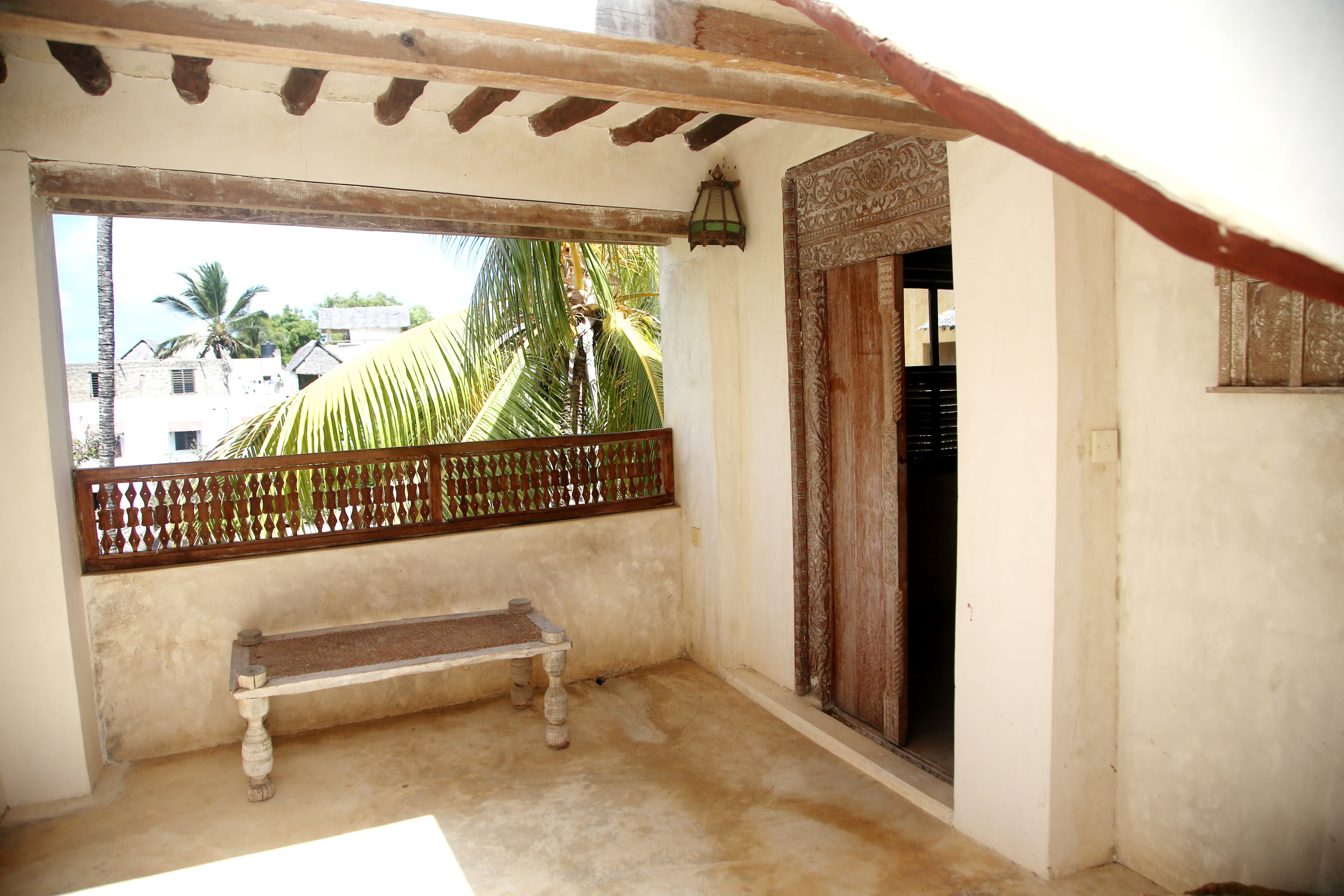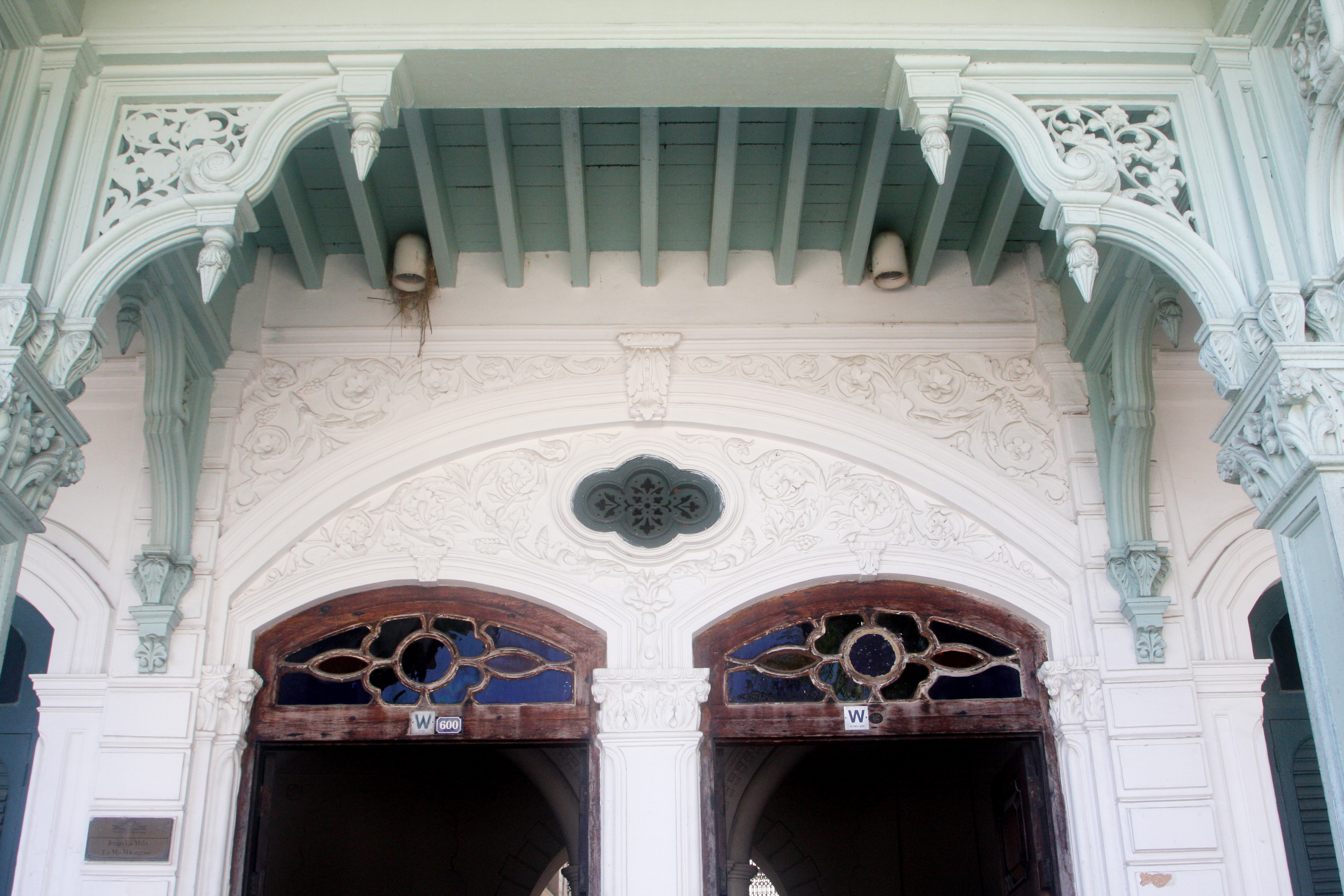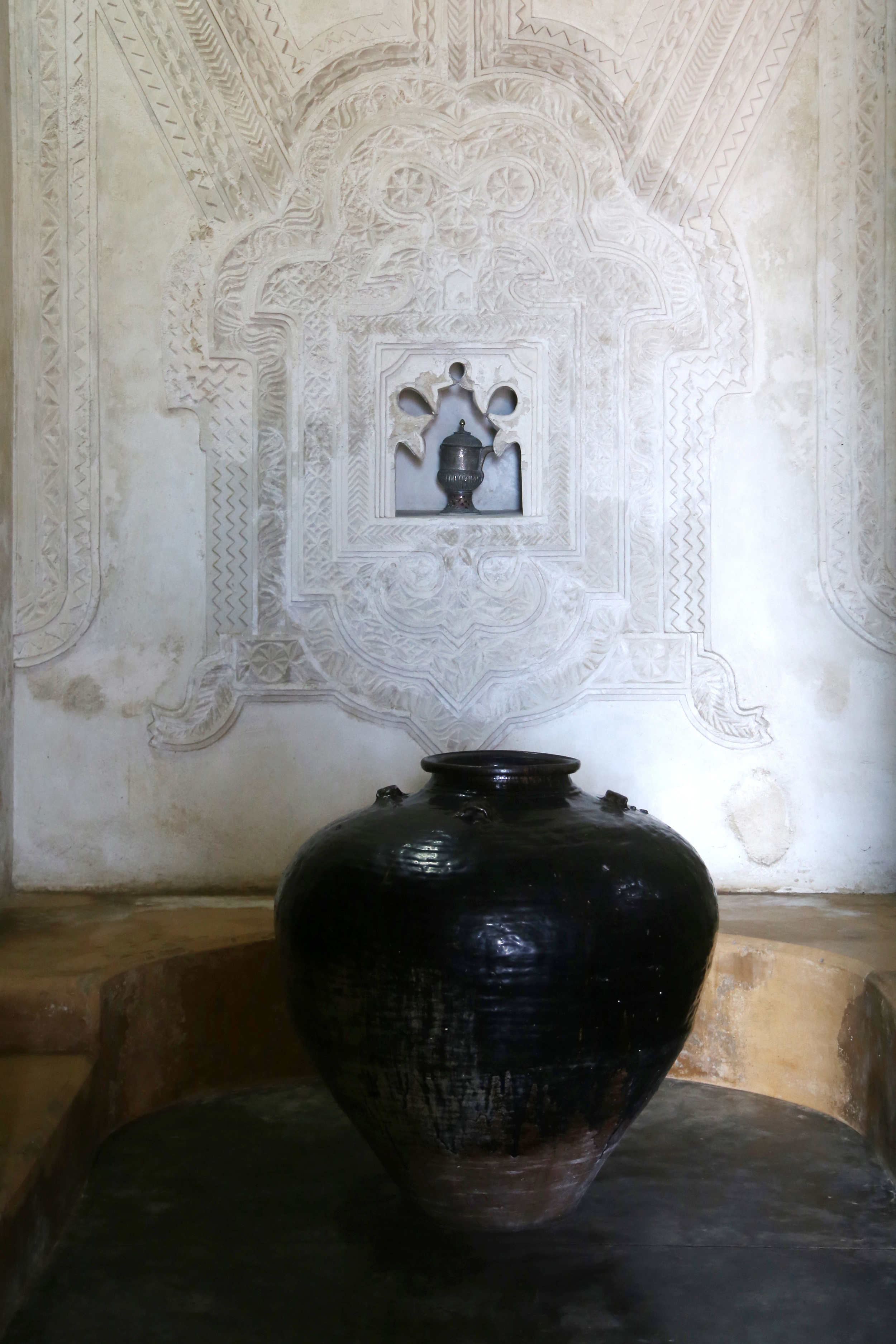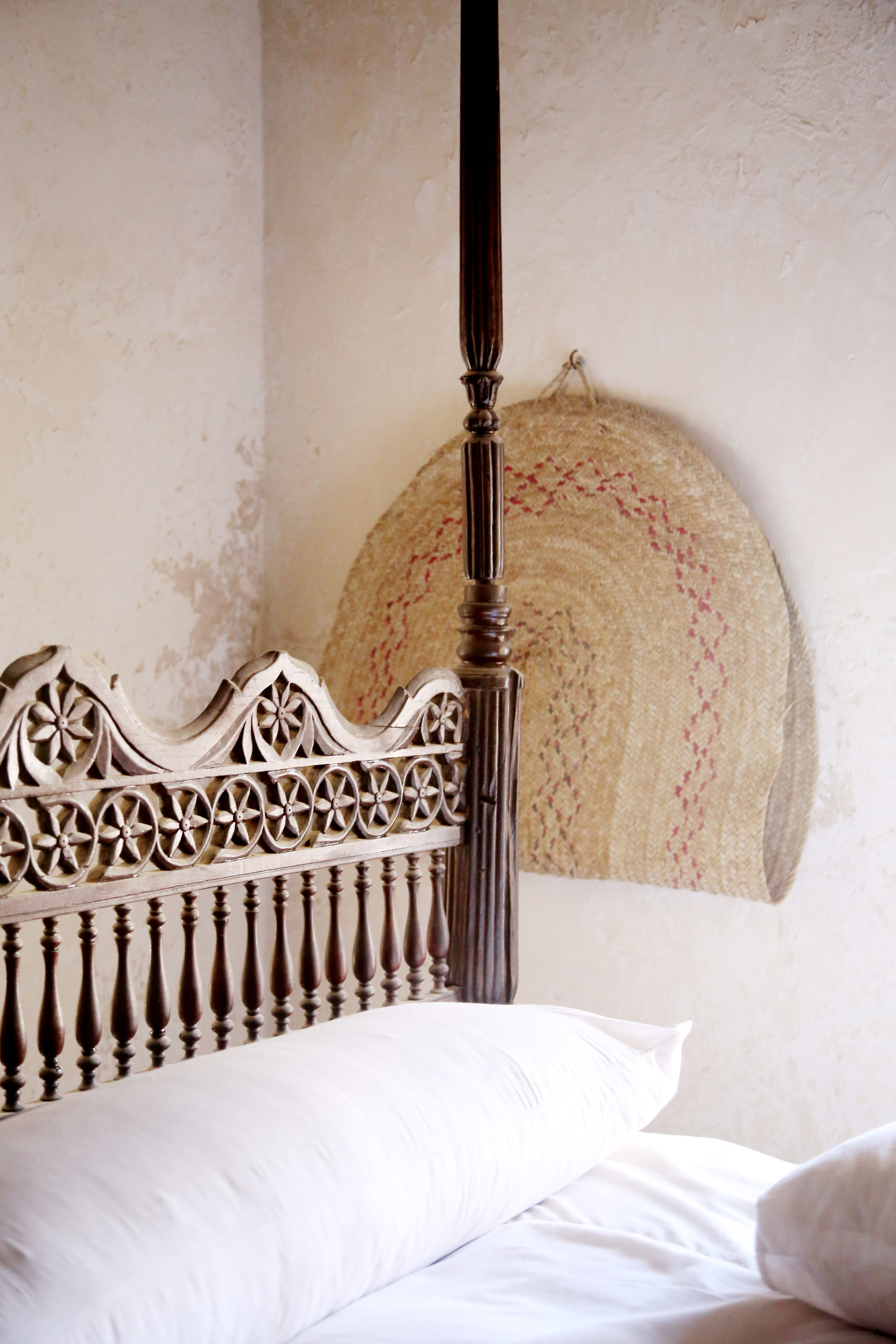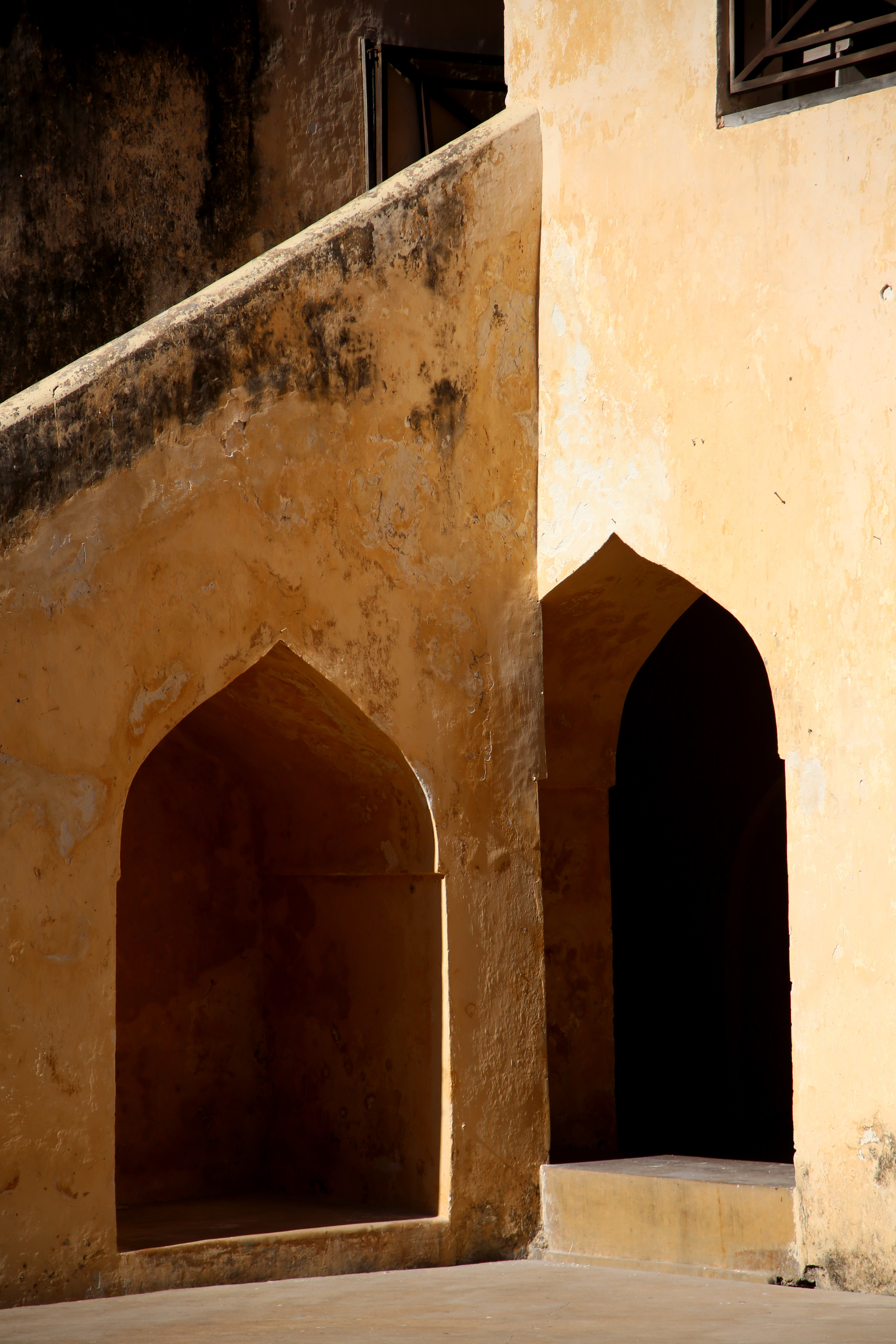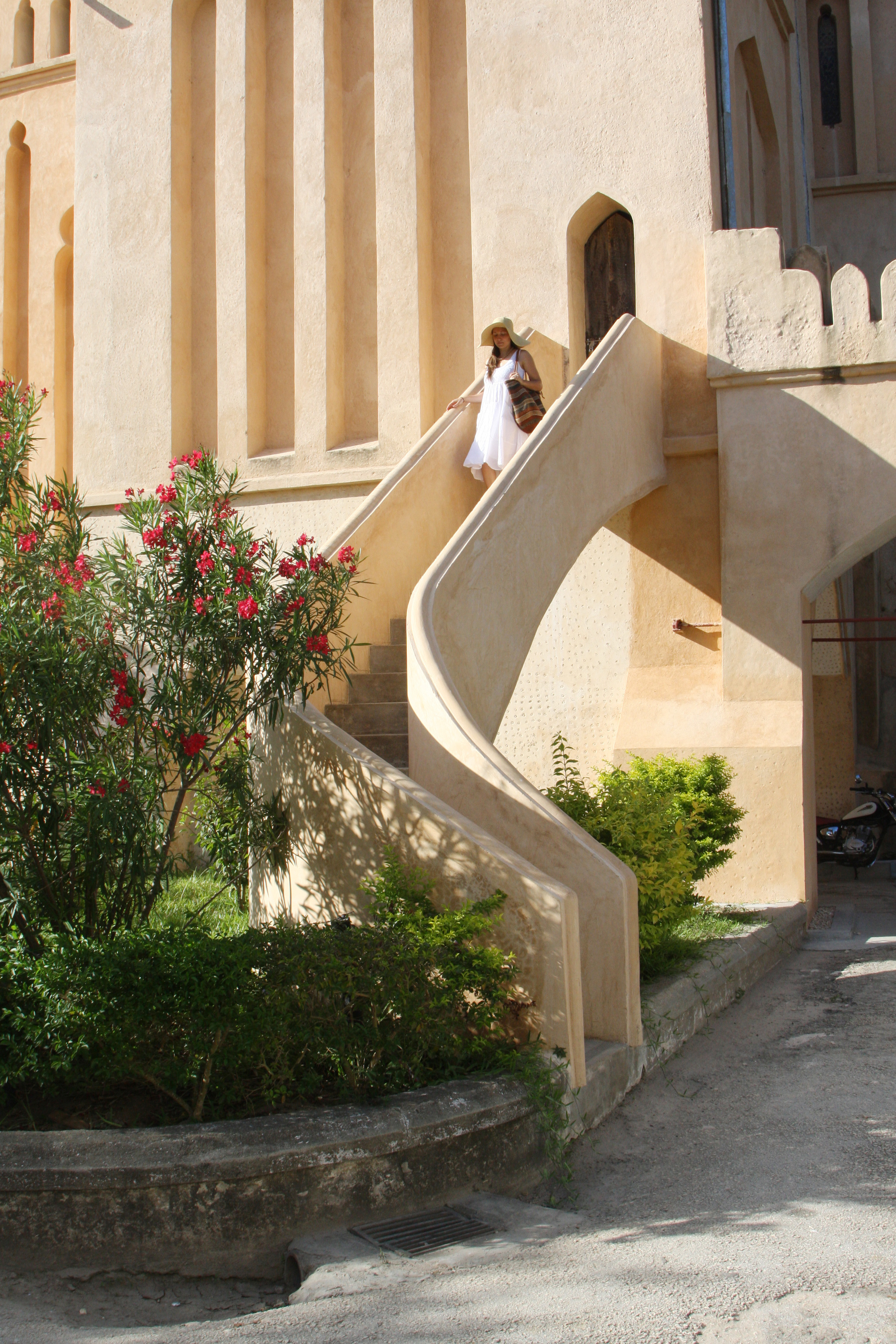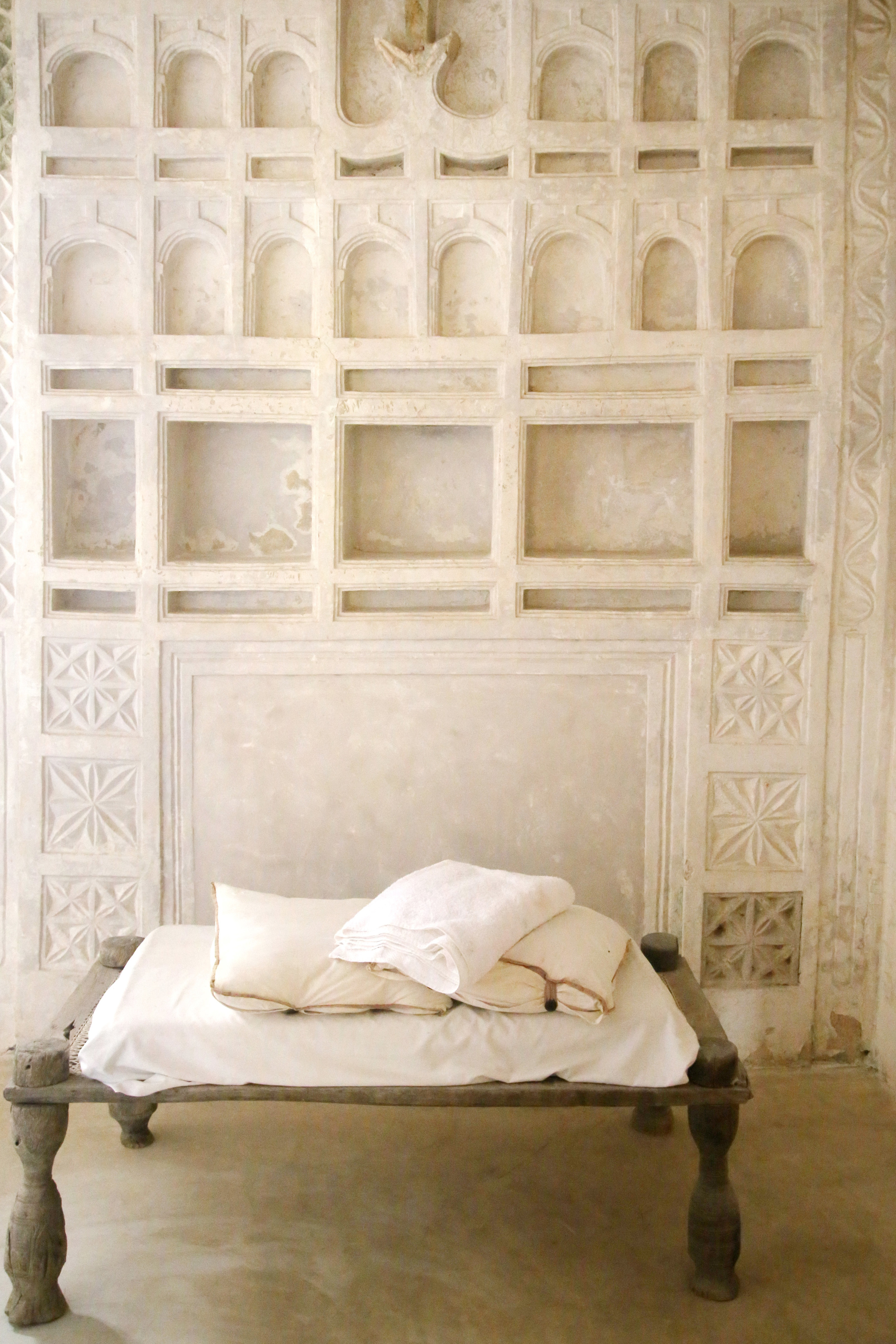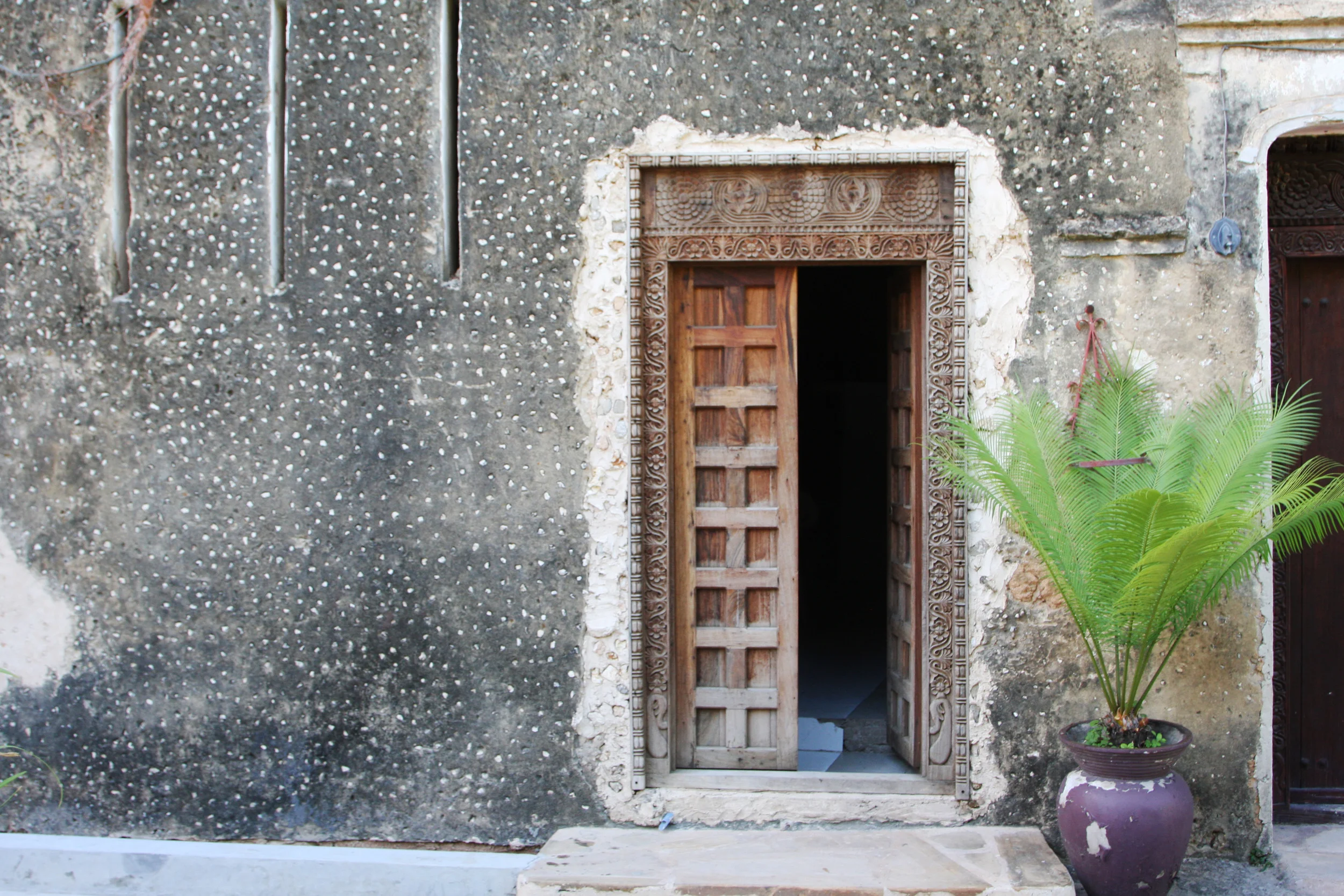I've never been a fan of living in the city, so Eric and I have tried to make our home into a bit of a sanctuary, even if we only get a quarter of an acre to work with. We use the little space we have to retreat from the Kampala crazy and I like to pretend our home is a cottage in the middle of a tropical jungle. With this in mind, and through the inspiration of Swahili chic decor, we combined form and function on the roof of our staff quarters to make a jungalow rooftop lounge, complete with a view of a tiny slice of Lake Victoria.
We had to work around our water tank, but we still managed to make a space that we use for the Special. This year, we've used this small, calming space to host friends for sundowners or brunch, to throw a birthing blessingway, and mostly for my morning yoga and contemplation. With a child in the house, it's a treat to step away, even if it is in the back yard, to re-fuel for a bit. It's a simple set-up, but it's much-loved. This space for the special brings sunbirds who drink water from the vine's flowers and lets me watch the hawks and ibis as they glide into the treetops at my height.
Hope to host you here soon. It will be special to have you.
